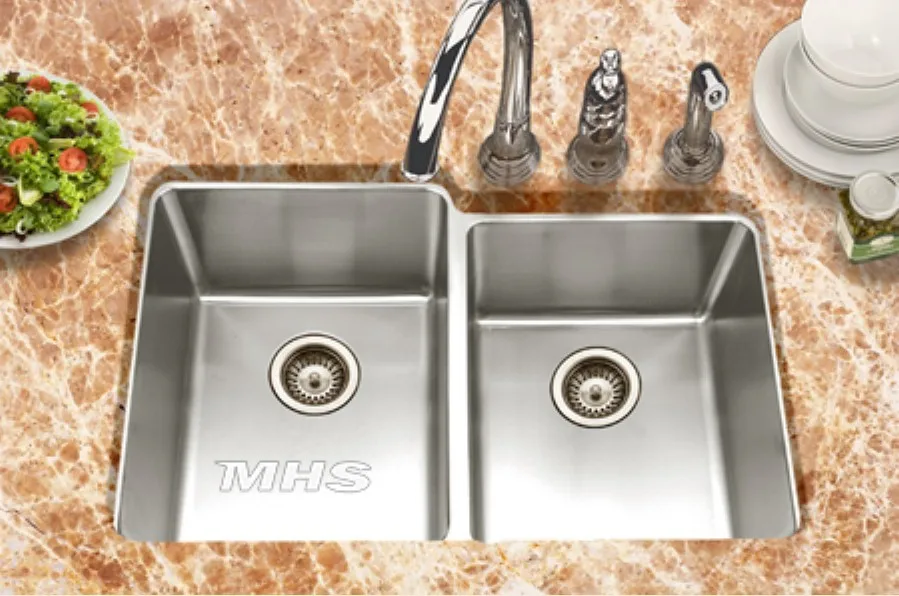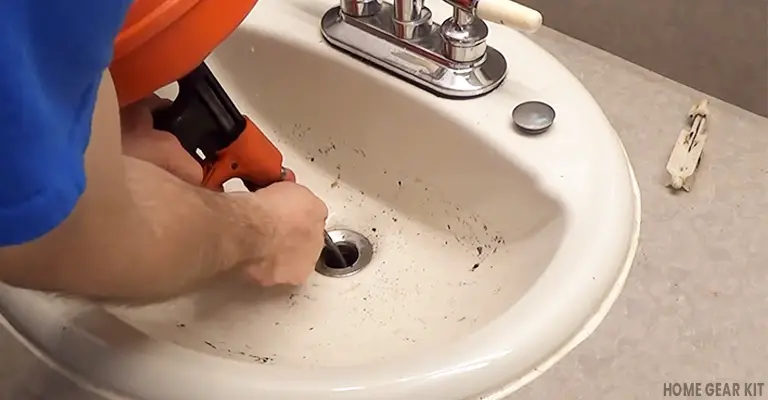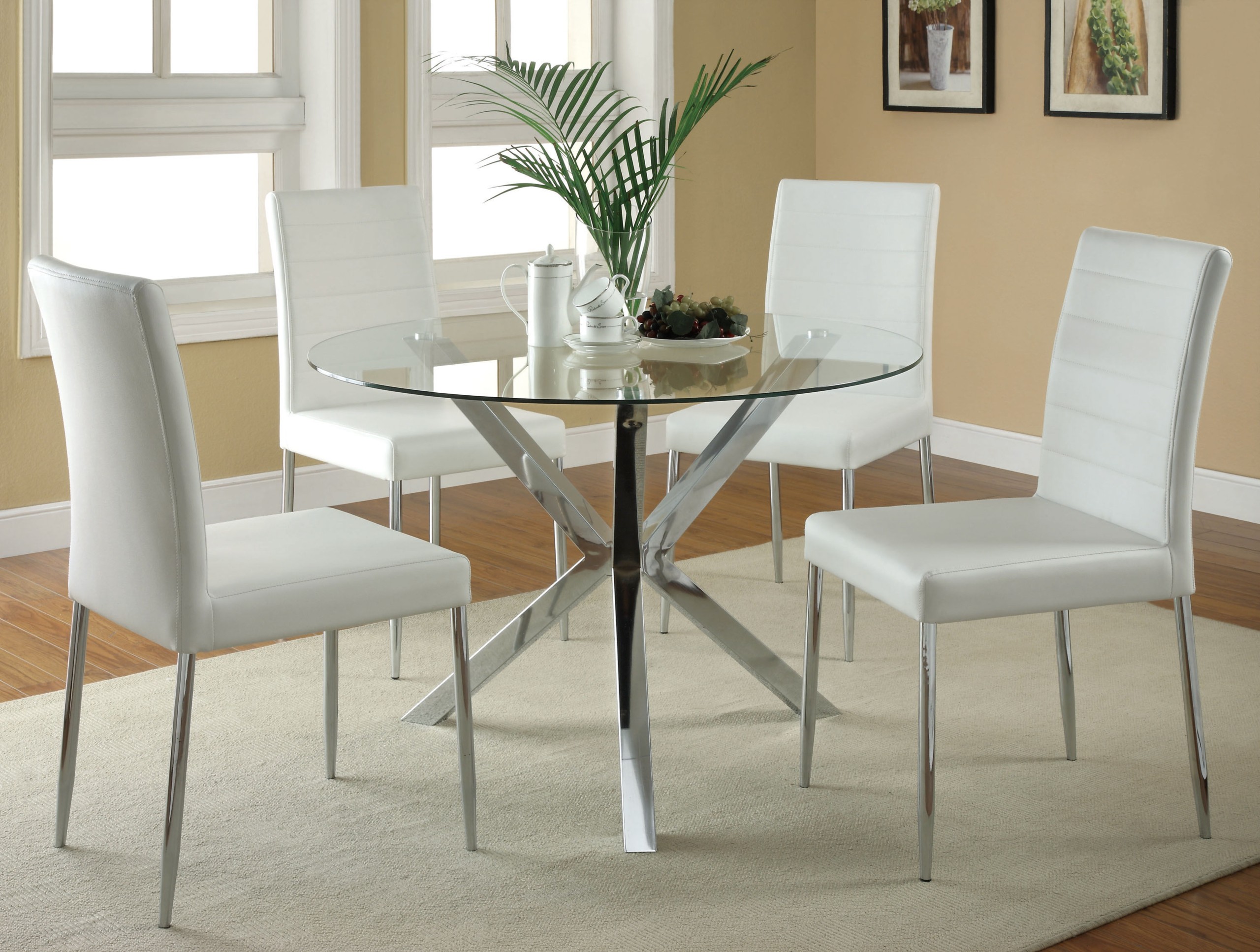One of the most common reasons for a slow drain in the kitchen sink is a clogged drain. This can happen due to a buildup of debris such as hair, soap scum, and food particles. Over time, these materials can accumulate and create a blockage in the drain, causing water to drain slowly or not at all. If you notice that your drain is clogged, try using a plunger or a drain snake to remove the blockage. Avoid using harsh chemical drain cleaners as they can damage your pipes. Clogged drain
Another culprit for a slow drain in the kitchen sink is grease buildup. When cooking, oil and grease can easily get washed down the drain, especially if you don't have a proper grease trap. Over time, this grease can solidify and create a sticky buildup on the walls of your pipes, making it difficult for water to pass through. To prevent this, always scrape excess grease and food into the trash before washing dishes, and regularly clean your grease trap to avoid buildup. Grease buildup
Food particles can also contribute to a slow drain in the kitchen sink. Small bits of food can easily get stuck in the drain, especially if you don't have a garbage disposal. These particles can accumulate and create a blockage, causing water to drain slowly. To prevent this, always scrape your plates and dishes into the trash before washing them and consider installing a garbage disposal to help break down food particles. Food particles
If you have a garbage disposal, it can be a convenient tool for getting rid of food scraps. However, if it's not working properly, it can also be the cause of a slow drain in the kitchen sink. A broken garbage disposal can cause food particles to get stuck in the drain, leading to clogs and slow draining. If you suspect that your garbage disposal is not functioning correctly, it's best to call a professional to have it repaired or replaced. Broken garbage disposal
In some cases, the cause of a slow drain in the kitchen sink may not be within the sink itself, but in the vent pipe. The vent pipe is responsible for allowing air to flow into the plumbing system, which helps water to drain smoothly. If the vent pipe is blocked or clogged, it can cause water to drain slowly or not at all. This can happen due to debris, bird nests, or even small animals. If you suspect that your vent pipe is blocked, it's best to call a professional to have it cleared. Blocked vent pipe
Over time, pipes can become worn out and corroded, leading to a slow drain in the kitchen sink. Old pipes can develop cracks and leaks, which can cause water to drain slowly. If you live in an older home, it's possible that your plumbing system may need to be updated. If you suspect that your pipes are old and damaged, it's best to call a professional plumber to have them replaced. Old pipes
In some cases, the cause of a slow drain in the kitchen sink may be outside of your home. Tree roots can grow and invade your plumbing system, causing blockages and slow draining. This is more common for homes with older pipes made of clay or other porous materials. If you suspect that tree roots are causing your slow drain, it's best to call a professional plumber to have them removed. Tree roots
If your kitchen sink was not installed correctly, it can also lead to a slow drain. The pipes may not be aligned properly, or there may be gaps between connections, causing water to drain slowly. If you suspect that your kitchen sink was not installed correctly, it's best to call a professional to have it inspected and fixed. Improper installation
Minerals found in hard water, such as calcium and magnesium, can build up in your pipes over time and cause a slow drain in the kitchen sink. This buildup can create a narrow passage for water to flow through, leading to slow draining. If you live in an area with hard water, it's essential to regularly clean your pipes or install a water softener to prevent mineral buildup. Mineral buildup
Lastly, foreign objects can also cause a slow drain in the kitchen sink. Small items such as jewelry, toothpaste caps, and even children's toys can accidentally fall into the drain and get stuck, causing a blockage. If you suspect that a foreign object is causing your slow drain, try using a plunger or a drain snake to remove it. If that doesn't work, call a professional plumber to have it removed. In conclusion, there are many reasons why your kitchen sink may be draining slowly. By understanding the most common causes, you can take preventive measures to avoid future issues and keep your kitchen sink draining smoothly. If you're experiencing persistent slow draining, it's best to call a professional plumber to identify the root cause and fix the problem. A well-maintained kitchen sink will not only save you from frustration but also help to keep your plumbing system in good condition. Foreign objects
The Importance of Proper Kitchen Sink Drainage

A slow drain in the kitchen sink is a common problem that many homeowners face. This can be frustrating and inconvenient, especially when it slows down your daily routine. It's important to understand the main reasons behind this issue so that you can take the necessary steps to prevent it from happening.
1. Clogged Drains

One of the most common reasons for a slow drain in the kitchen sink is a clogged drain. This usually happens when food scraps, grease, and other debris get trapped in the pipes and build up over time. Over time, the accumulation of these materials can lead to a blockage, causing the water to drain slowly or not at all.
To avoid this, make sure to properly dispose of food scraps and avoid pouring oil or grease down the drain. You can also install a strainer in your sink to catch any debris before it goes down the drain.
2. Faulty or Damaged Pipes

Another reason for slow drainage in the kitchen sink could be due to faulty or damaged pipes . Over time, pipes can become corroded, cracked, or even collapsed, causing water to drain slowly. This can also happen if there are tree roots growing into the pipes, which can cause blockages and damage.
If you suspect that your pipes are damaged, it's best to call a professional plumber to assess the situation and make the necessary repairs. Ignoring the issue can lead to more serious problems down the line, so it's important to address it as soon as possible.
3. Poor Drain Design

In some cases, the slow drain in your kitchen sink could be due to poor drain design . This means that the pipes may not be properly sloped, causing water to collect and drain slowly. This is a common issue in older homes where the plumbing may not have been updated.
If this is the case, you may need to hire a professional to redesign your drain to ensure proper drainage and prevent any future issues.
In Conclusion
:max_bytes(150000):strip_icc()/how-to-install-a-sink-drain-2718789-hero-24e898006ed94c9593a2a268b57989a3.jpg)
A slow drain in the kitchen sink can be a nuisance, but it's important to address the issue before it turns into a bigger problem. By understanding the main reasons for slow drainage and taking preventative measures , you can ensure that your kitchen sink drains properly and efficiently. Remember to properly dispose of food scraps, call a plumber for any repairs, and consider redesigning your drain if needed . With these steps, you can keep your kitchen sink running smoothly and avoid any unnecessary headaches.


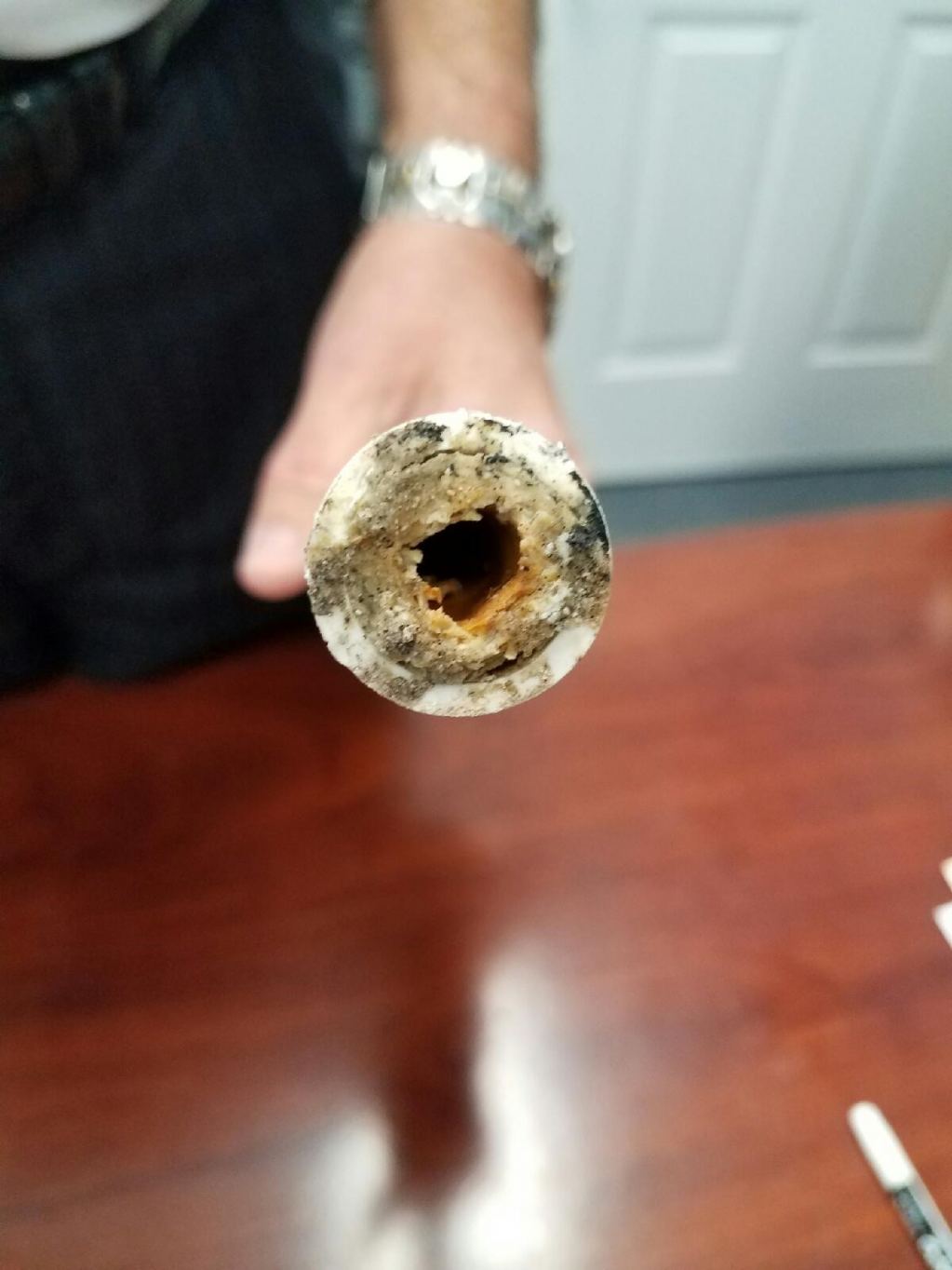



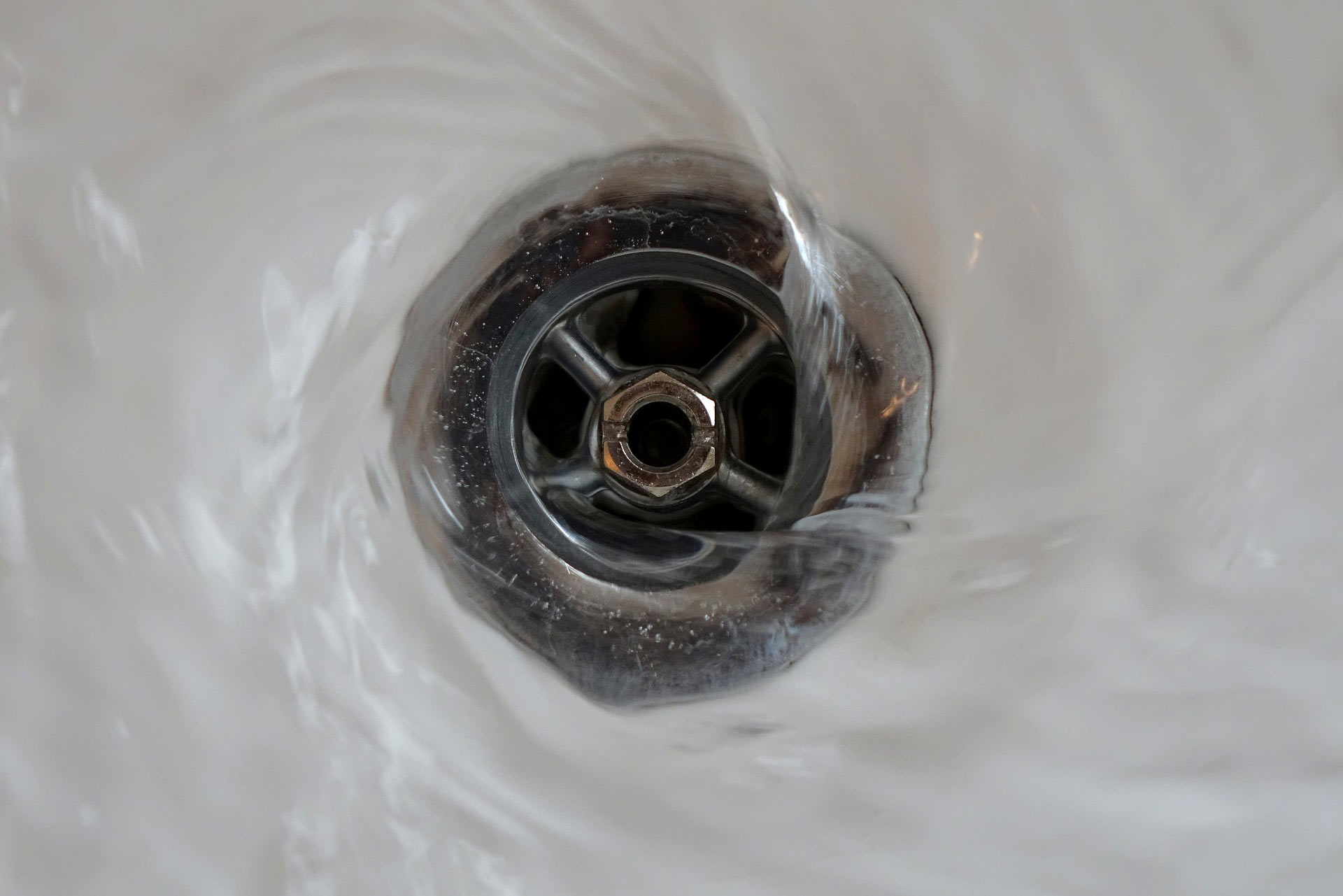


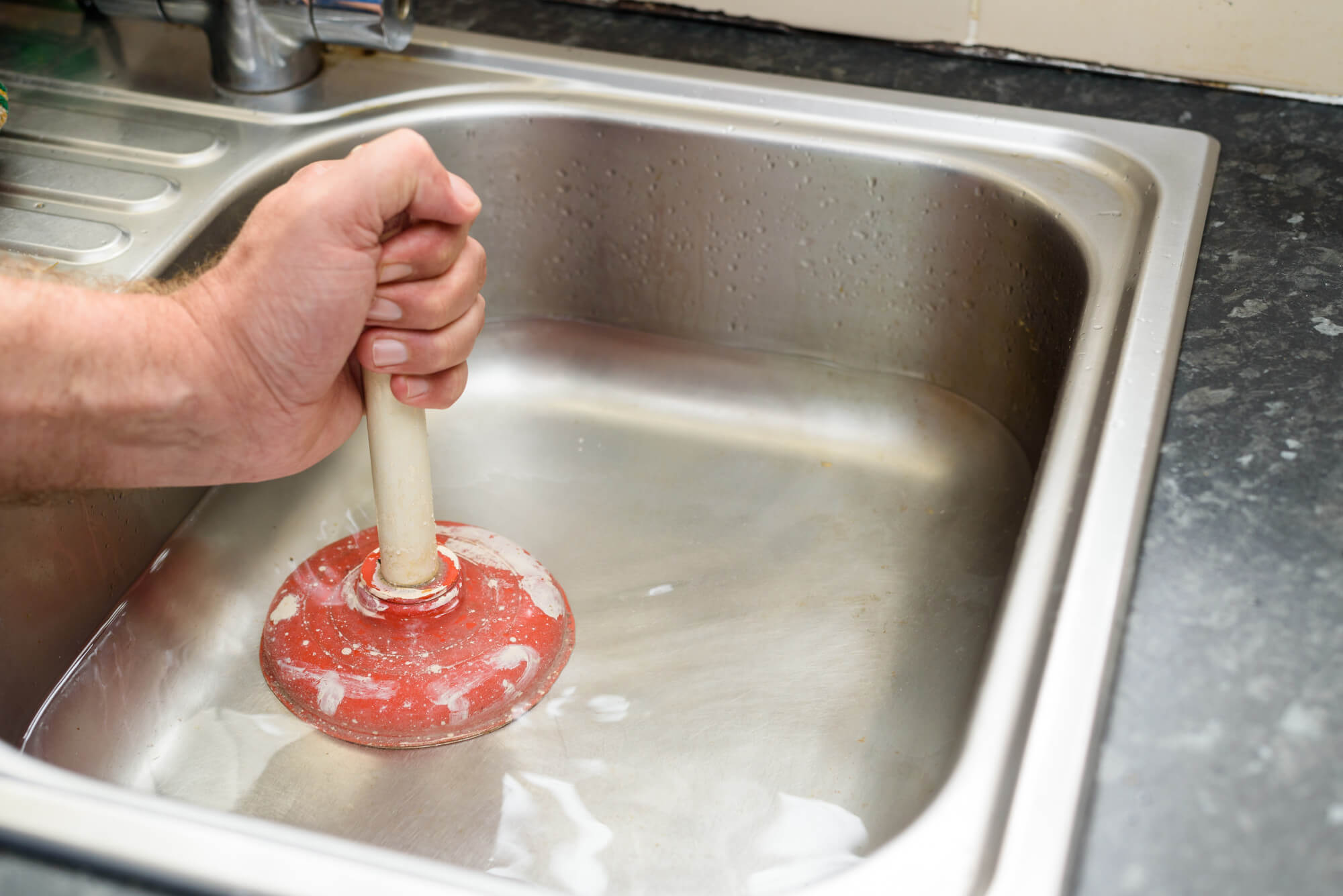

:max_bytes(150000):strip_icc()/freshen-and-unclog-drain-with-baking-soda-1900466-22-bbf940b70afa4d5abef0c54da23b1d3f.jpg)
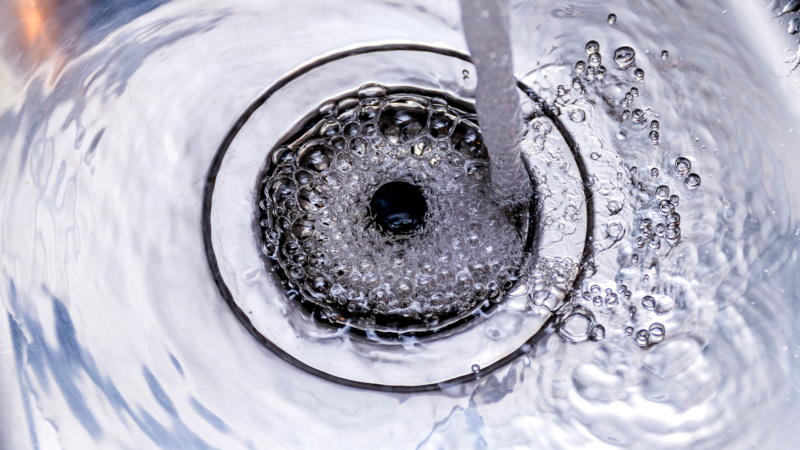
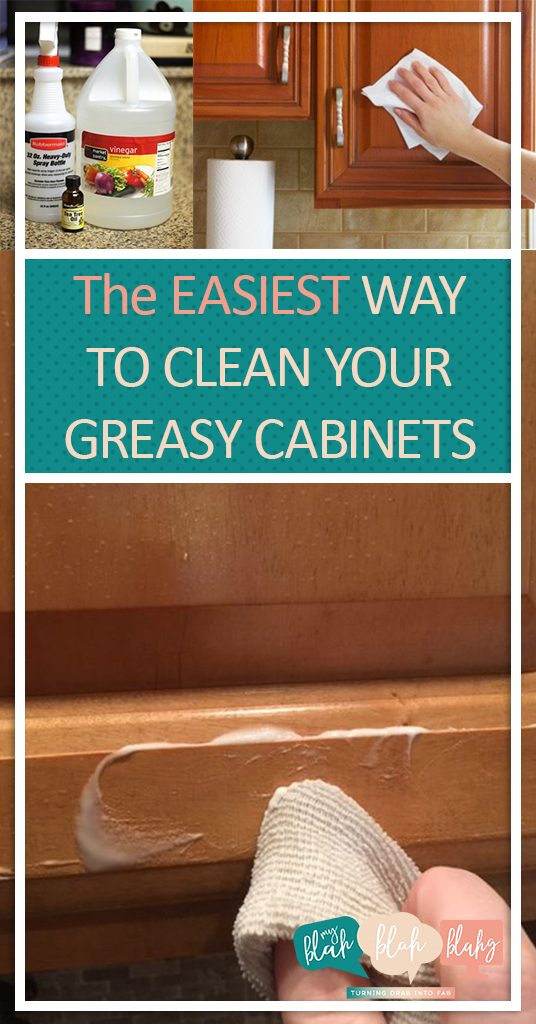



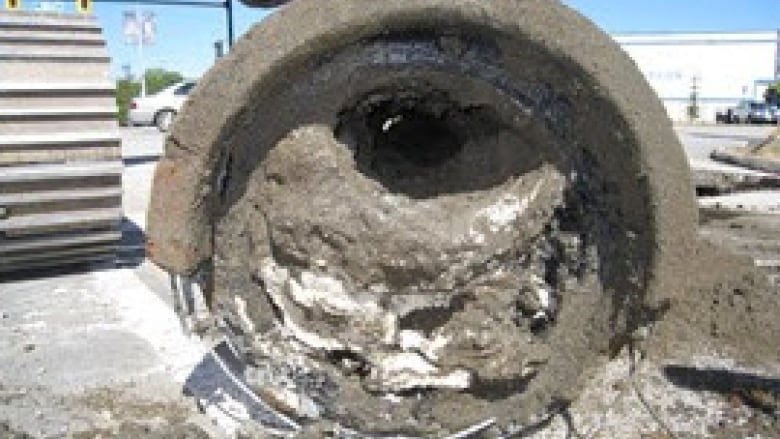
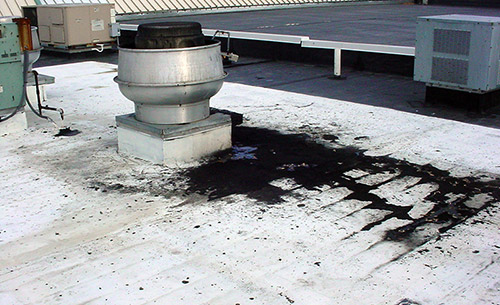
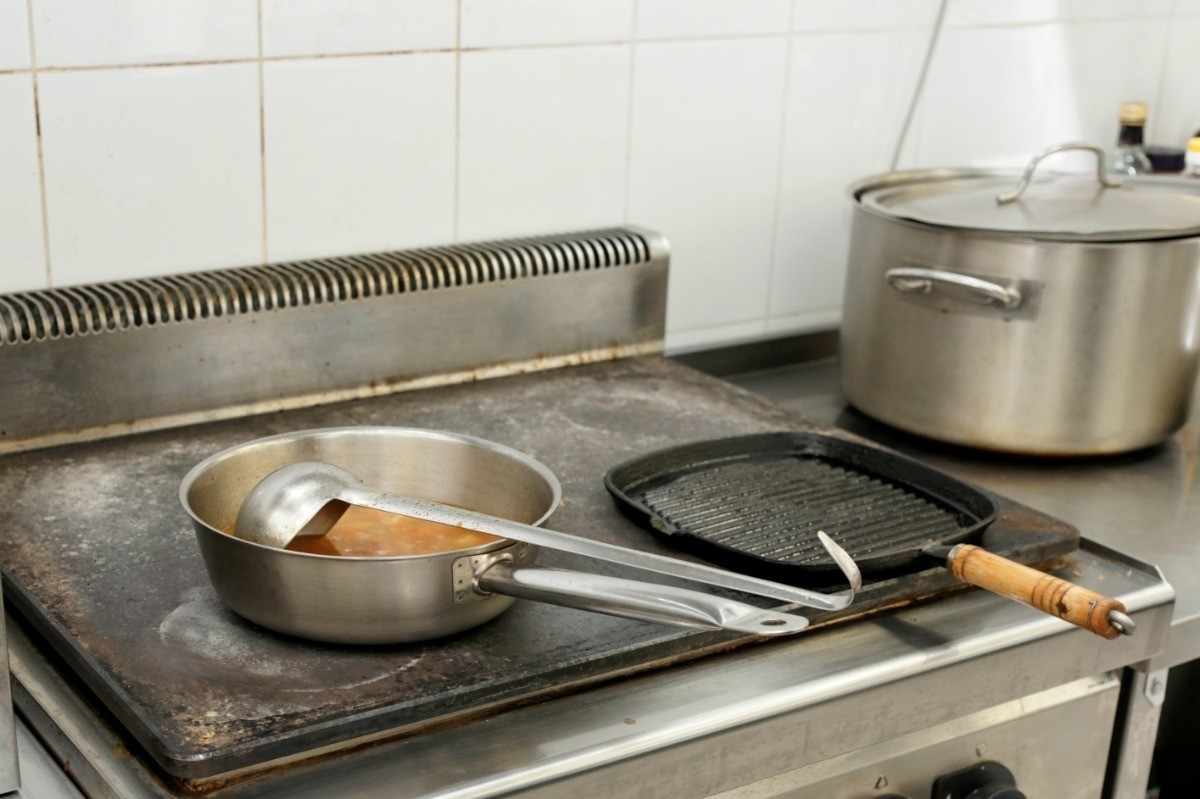
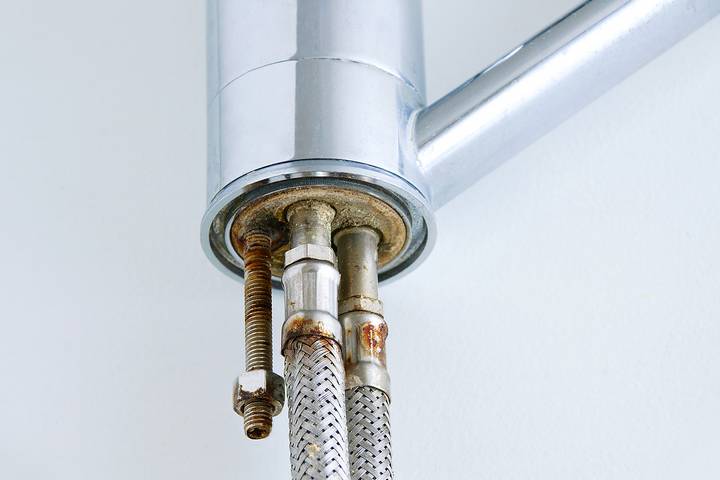
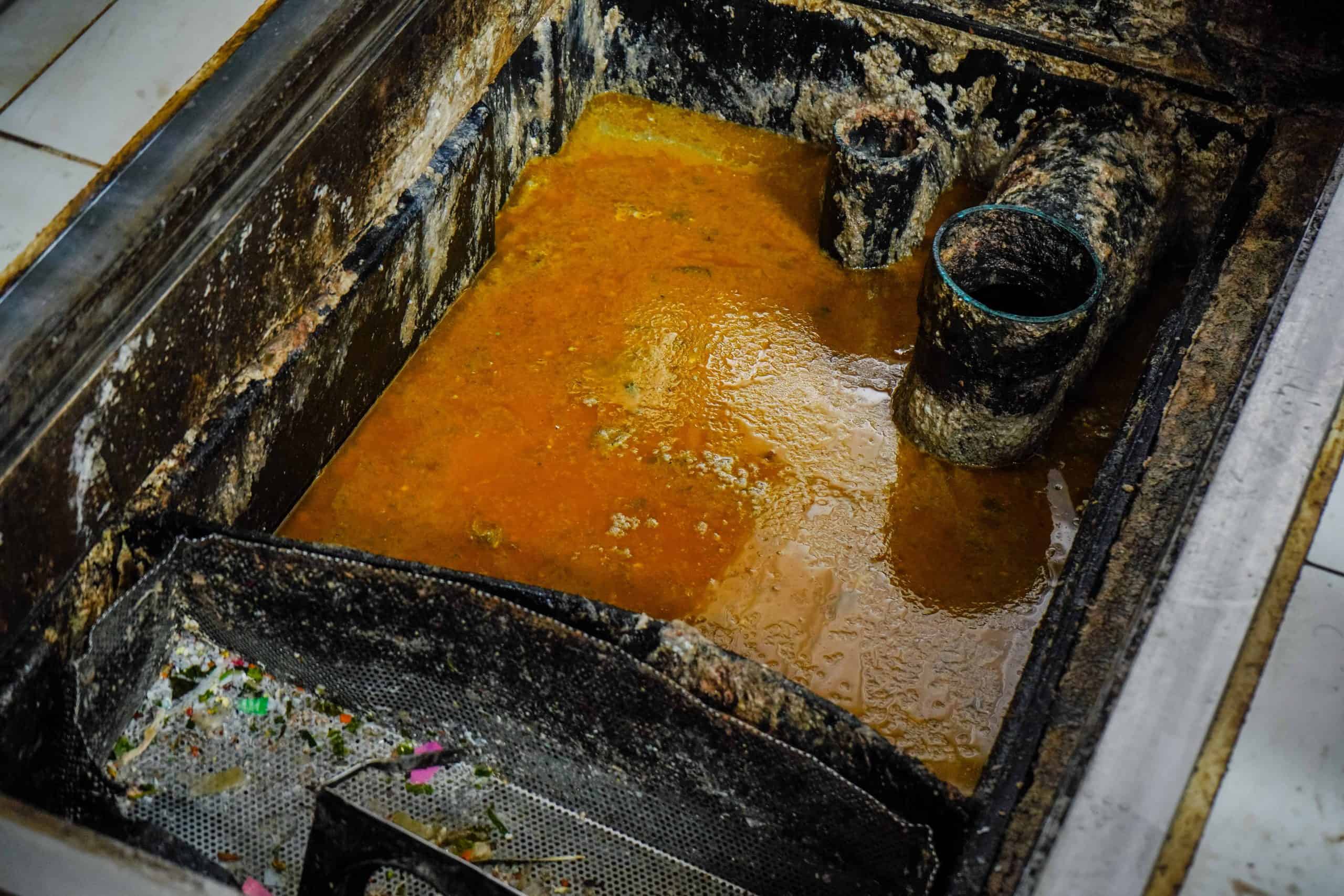
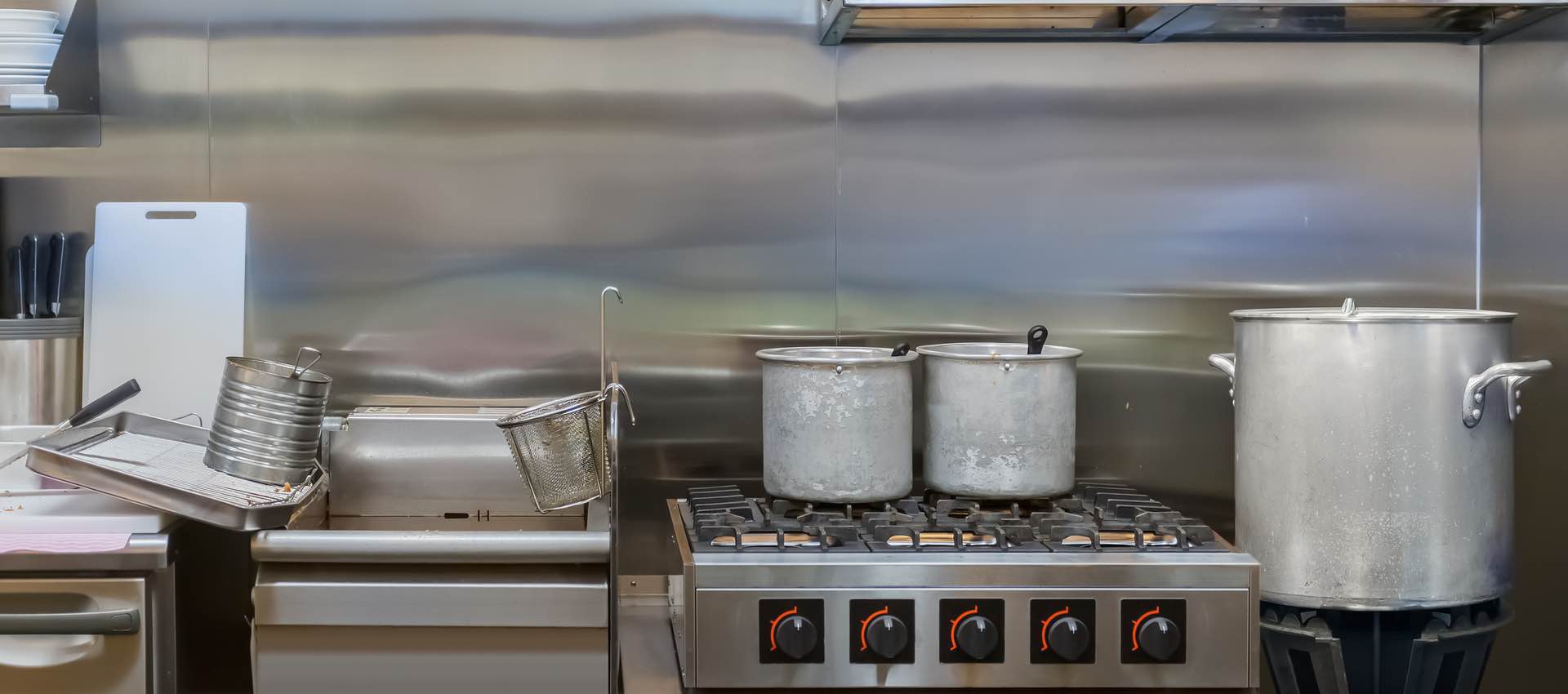



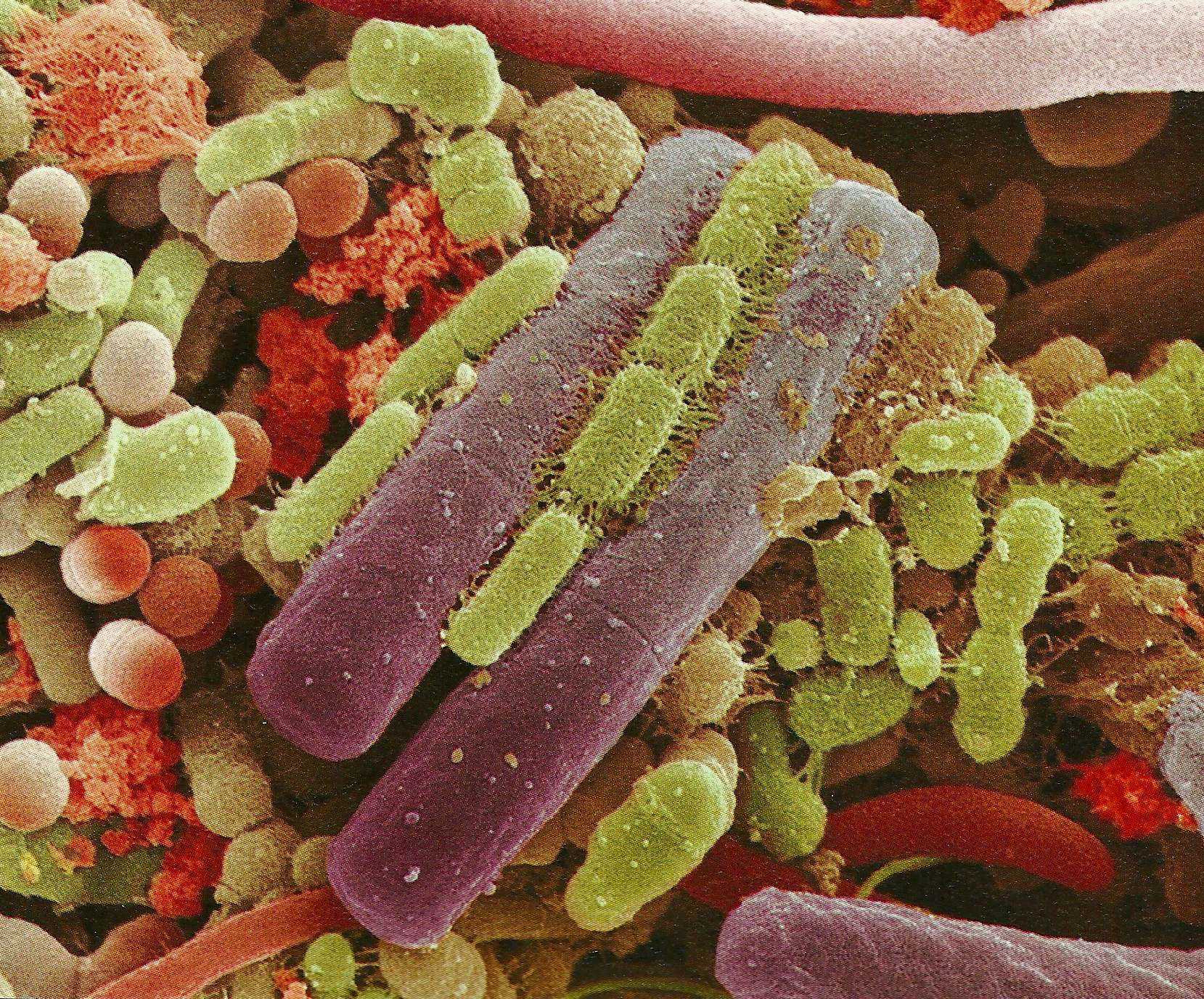

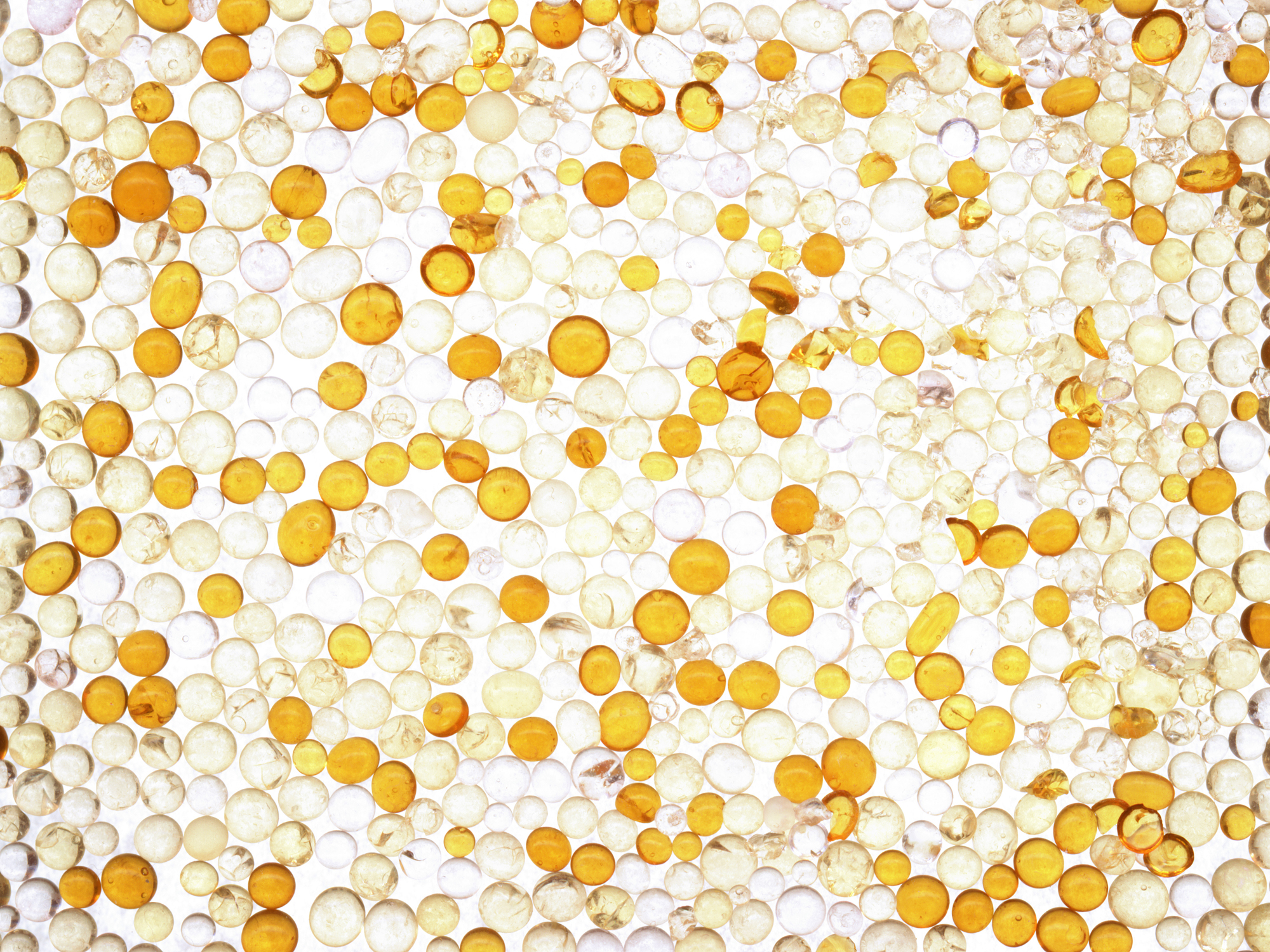


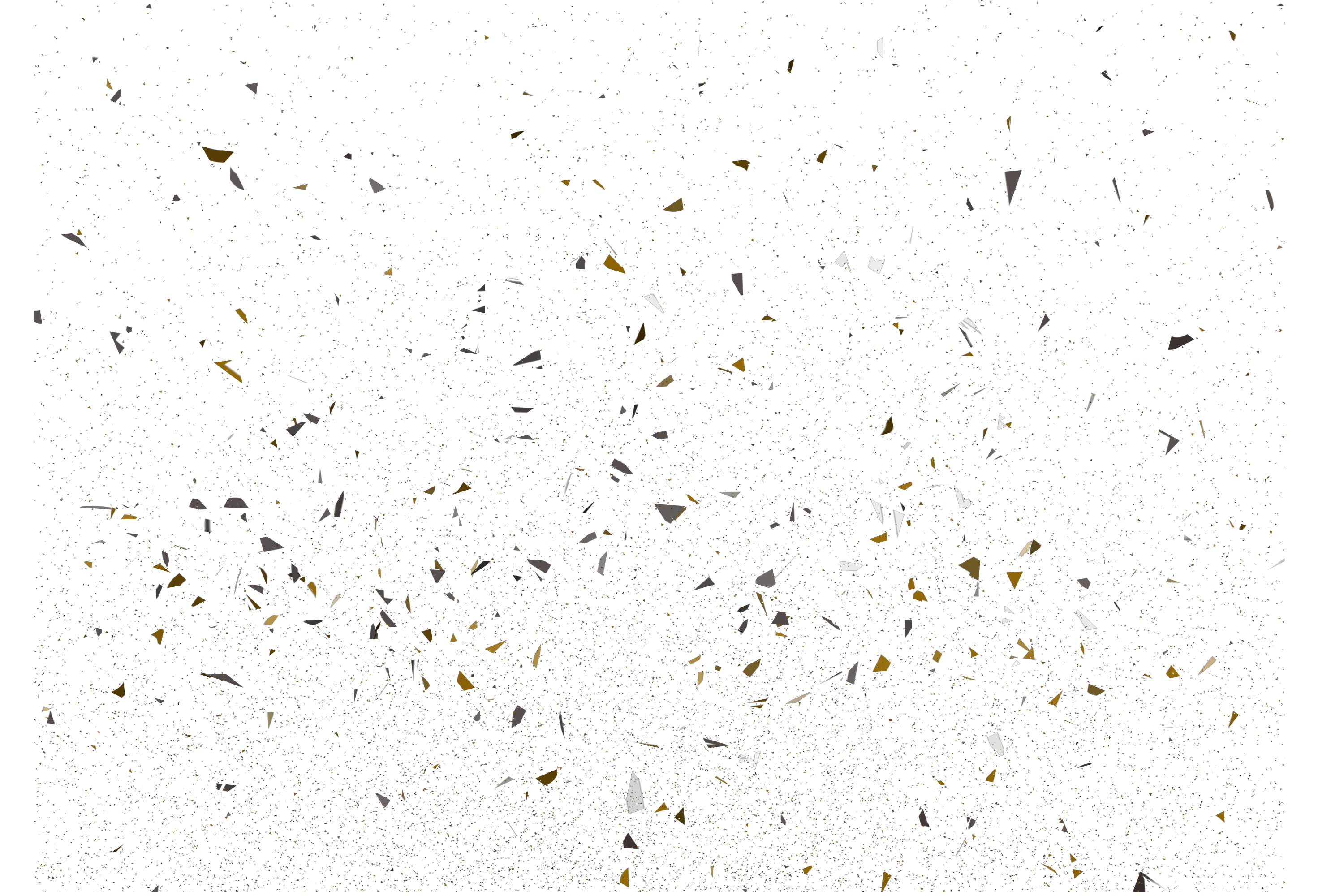






:max_bytes(150000):strip_icc()/GettyImages-186842003-5b732c3ac9e77c0057b2c920.jpg)


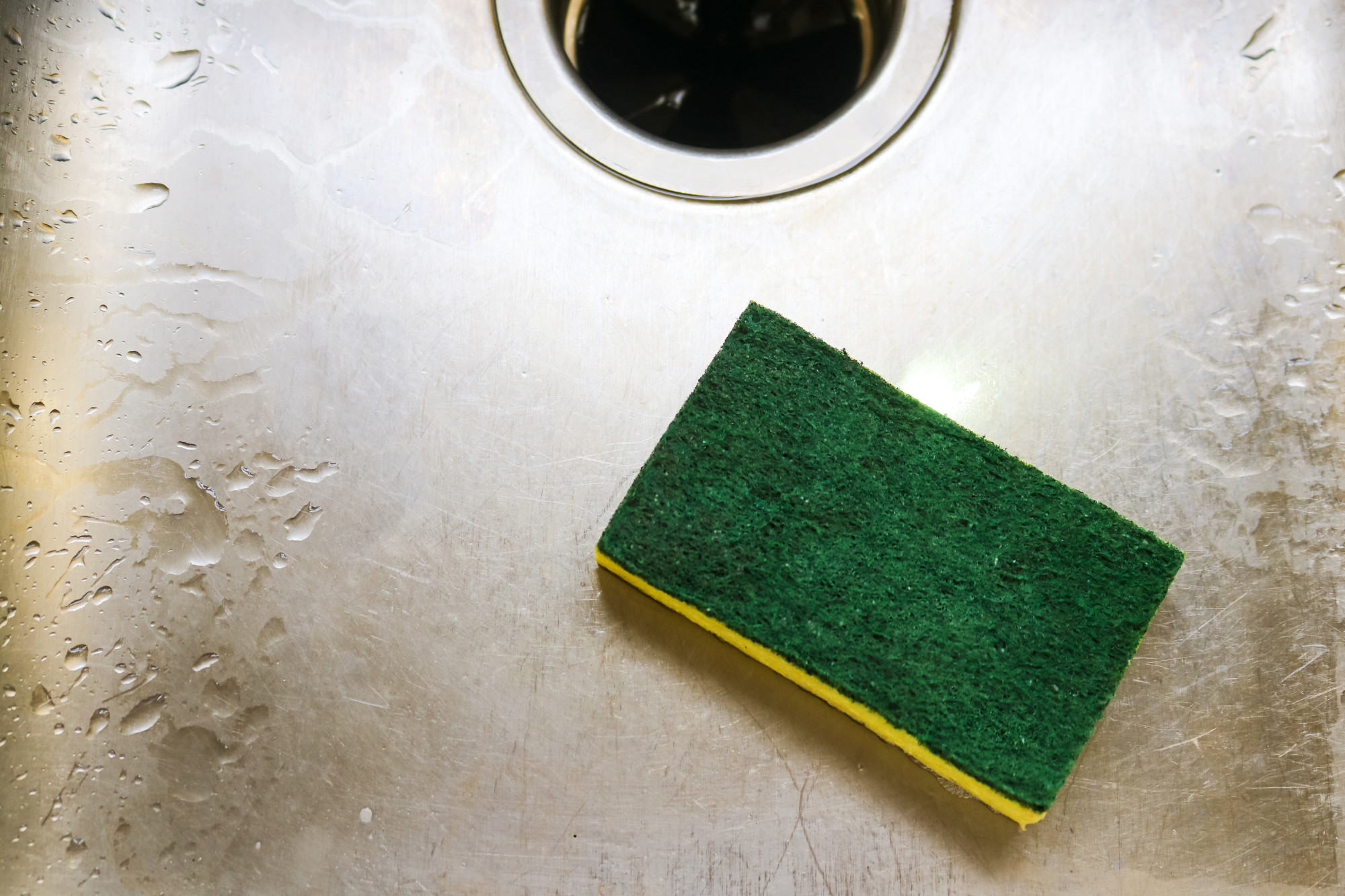




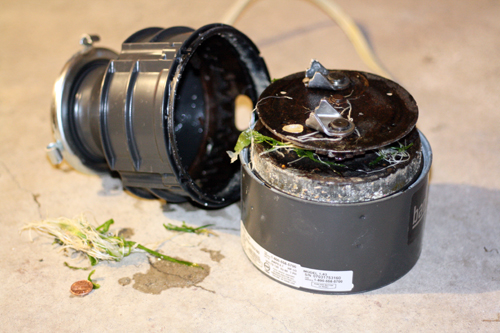


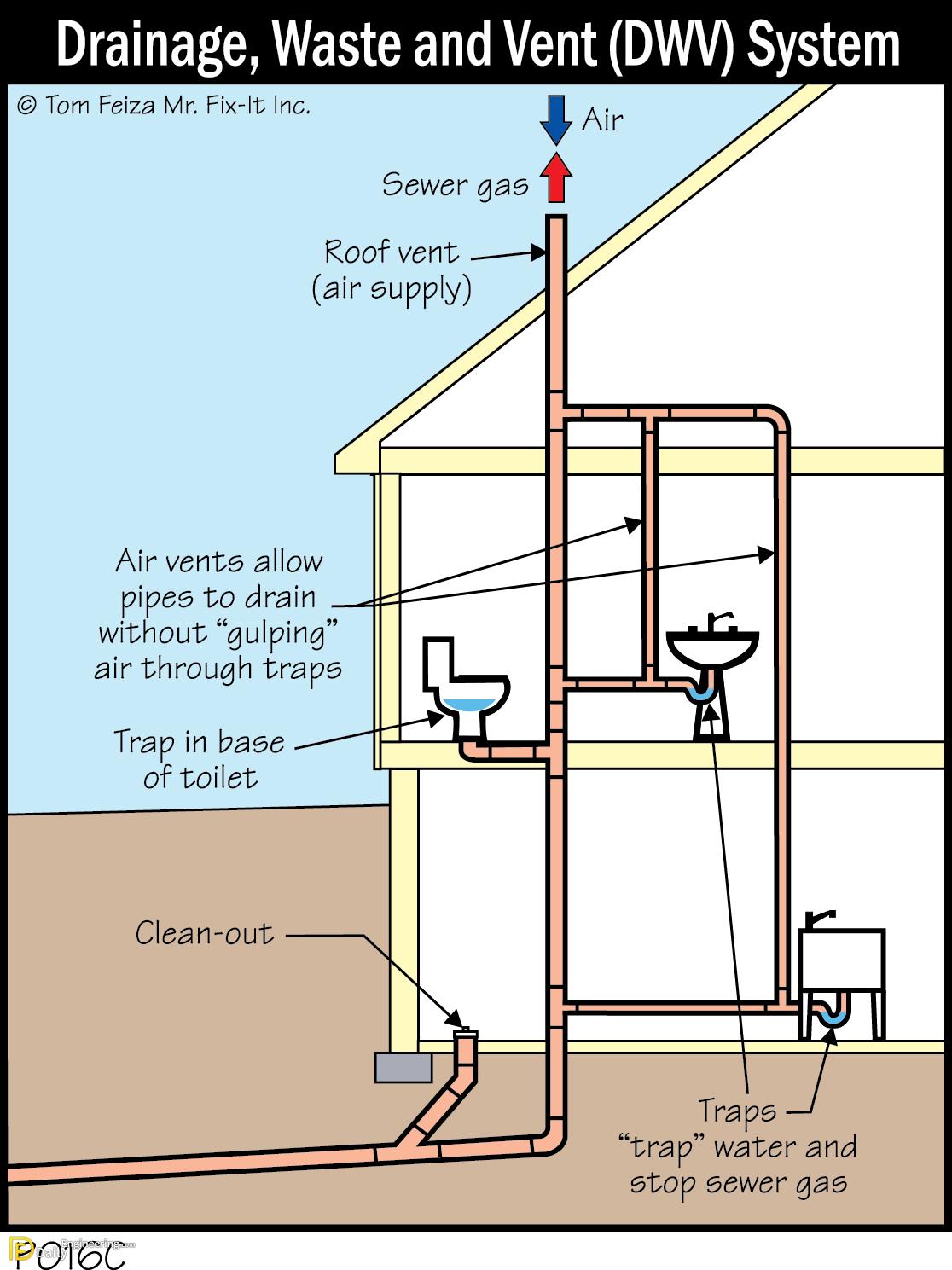


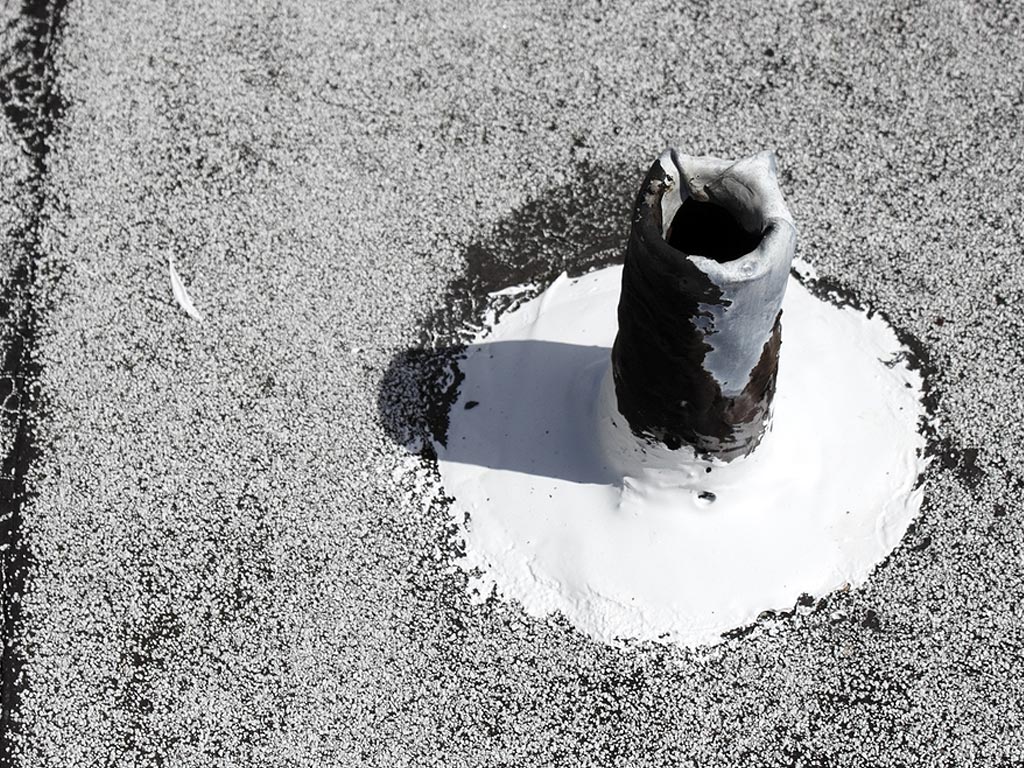

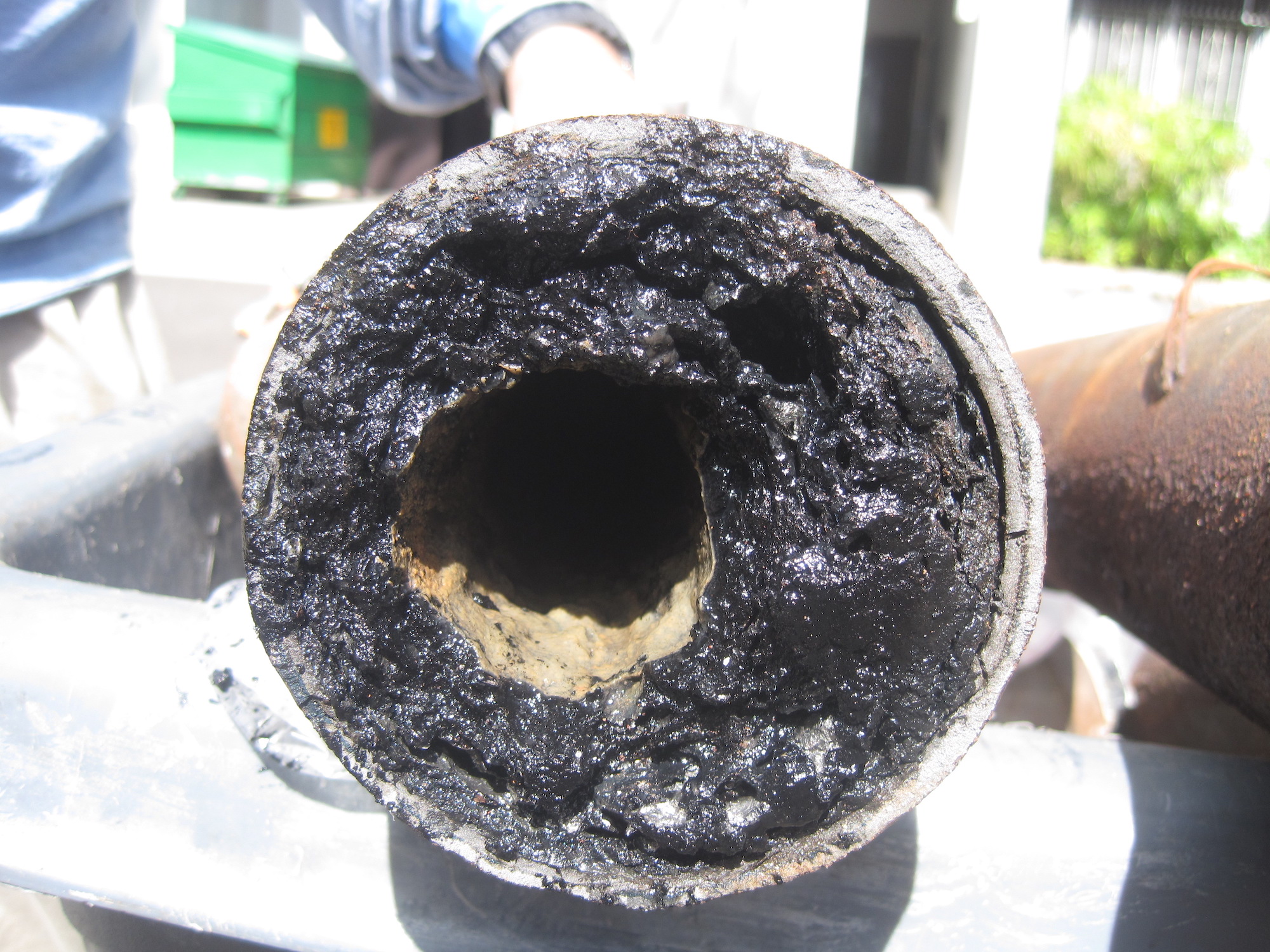
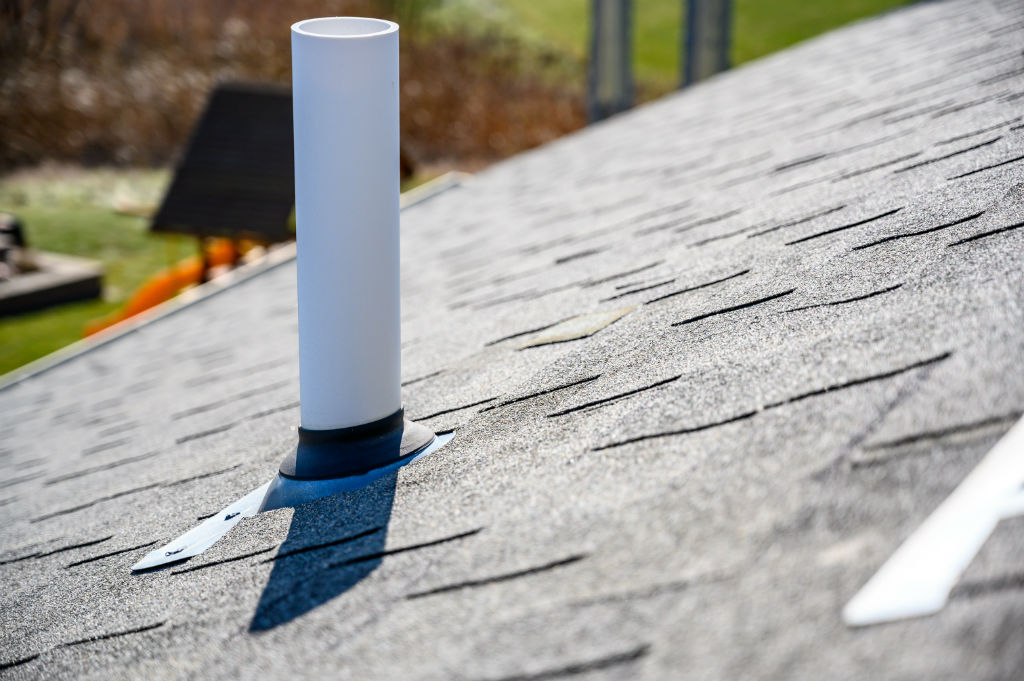

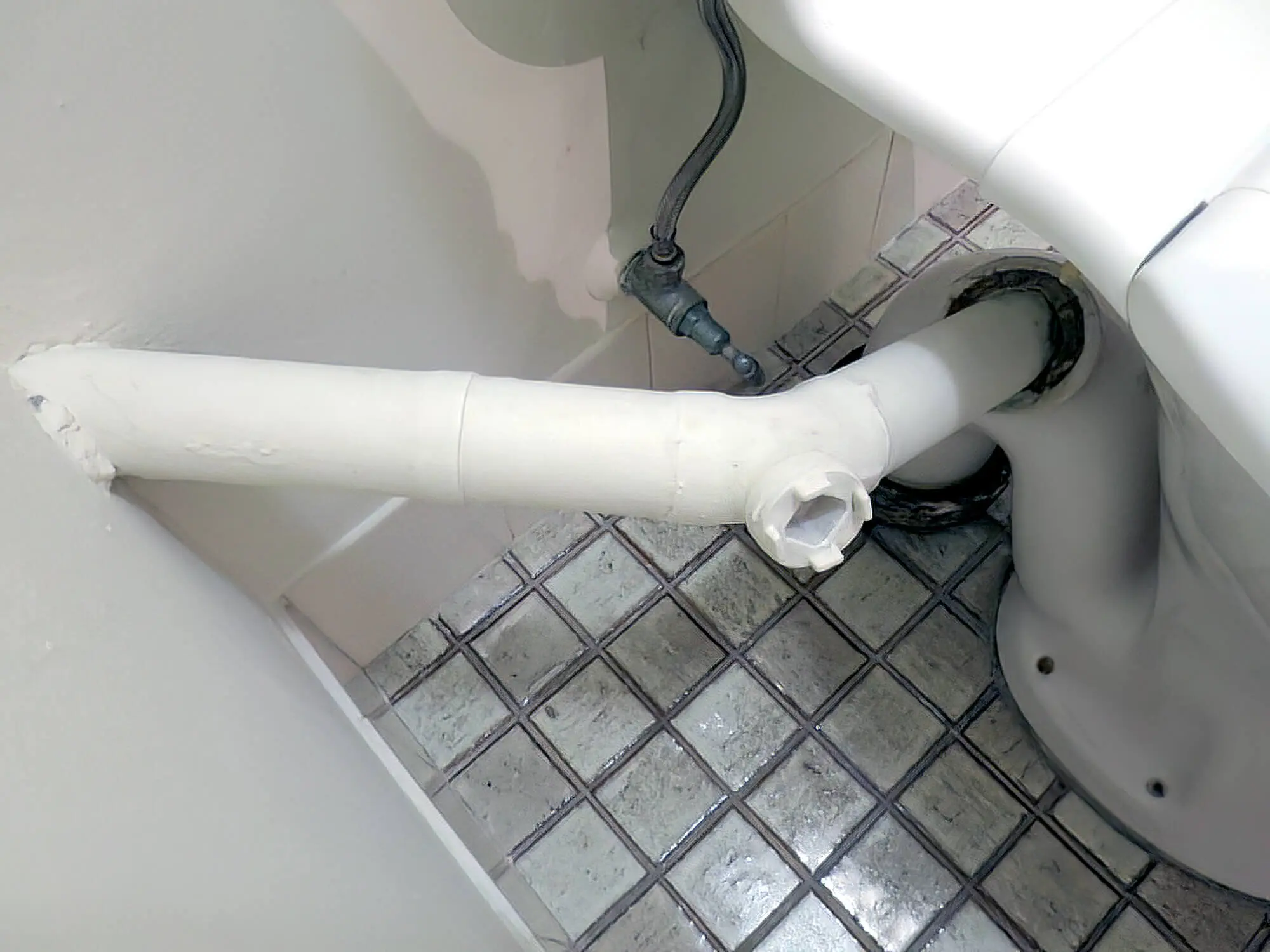
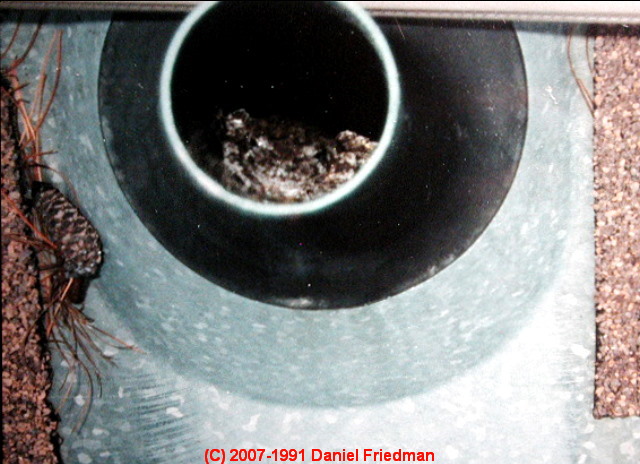
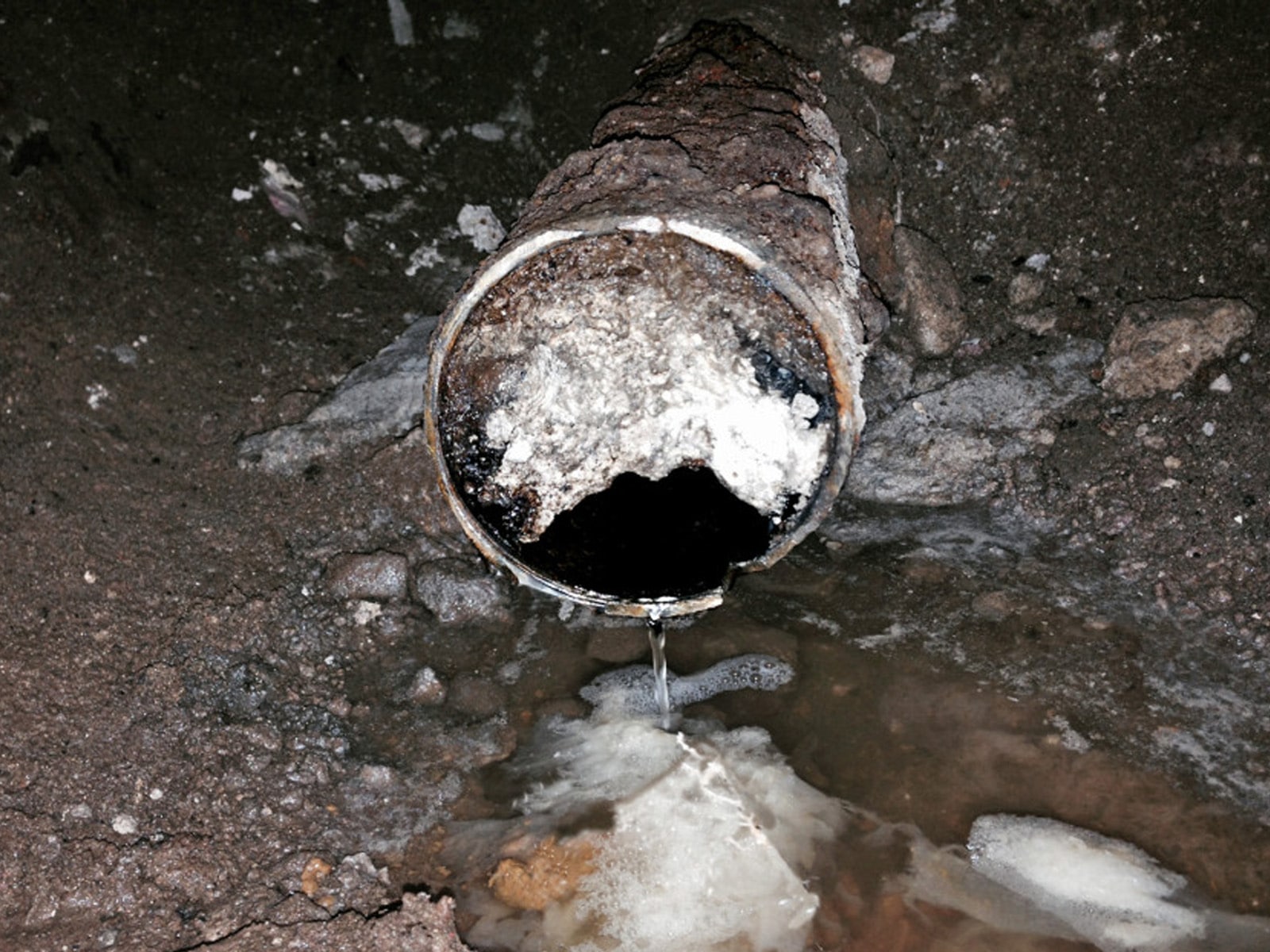
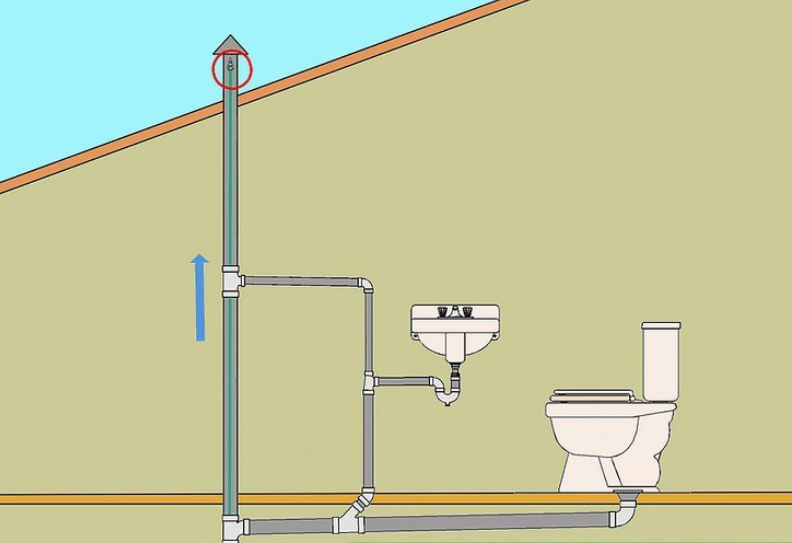



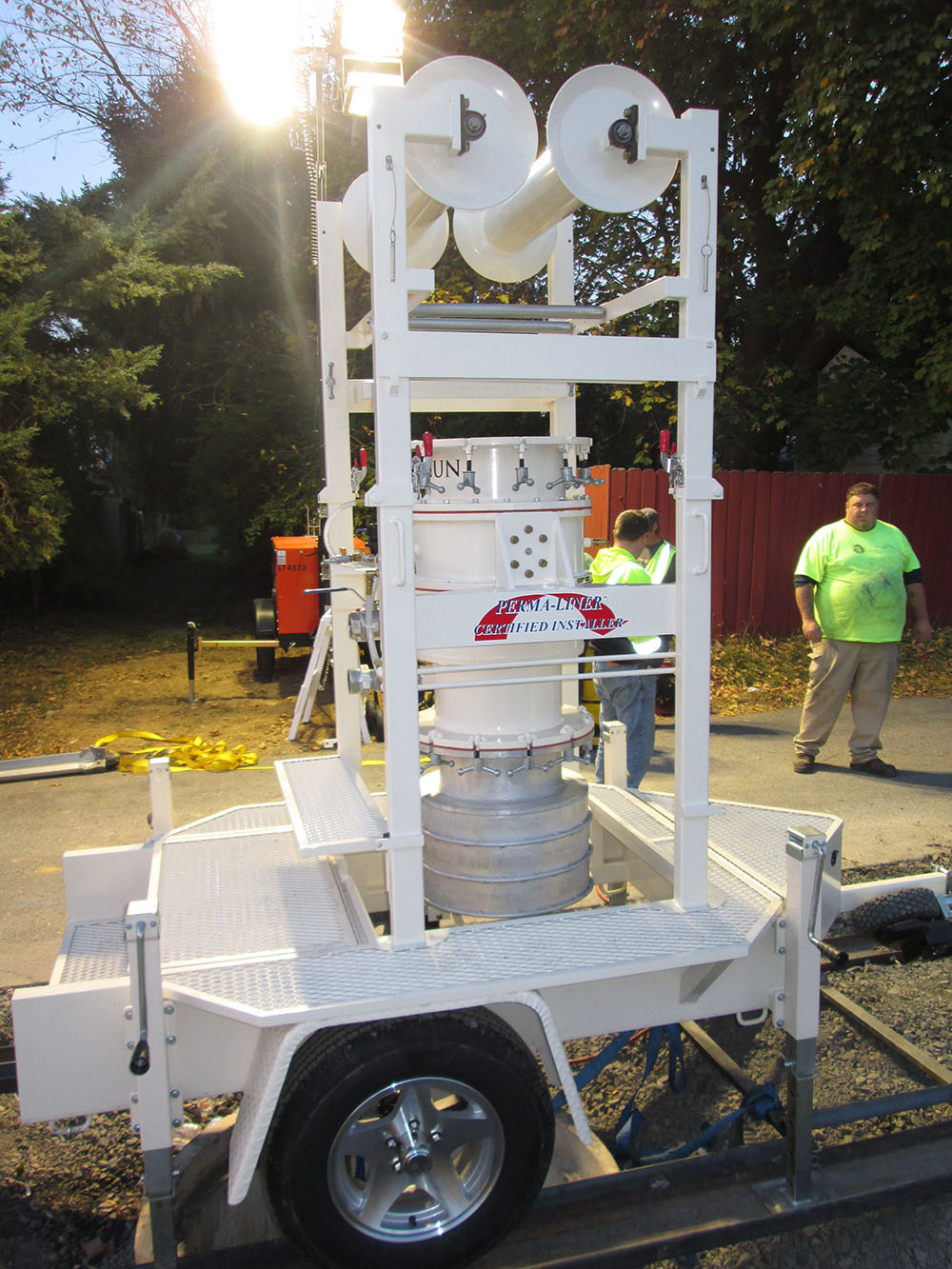




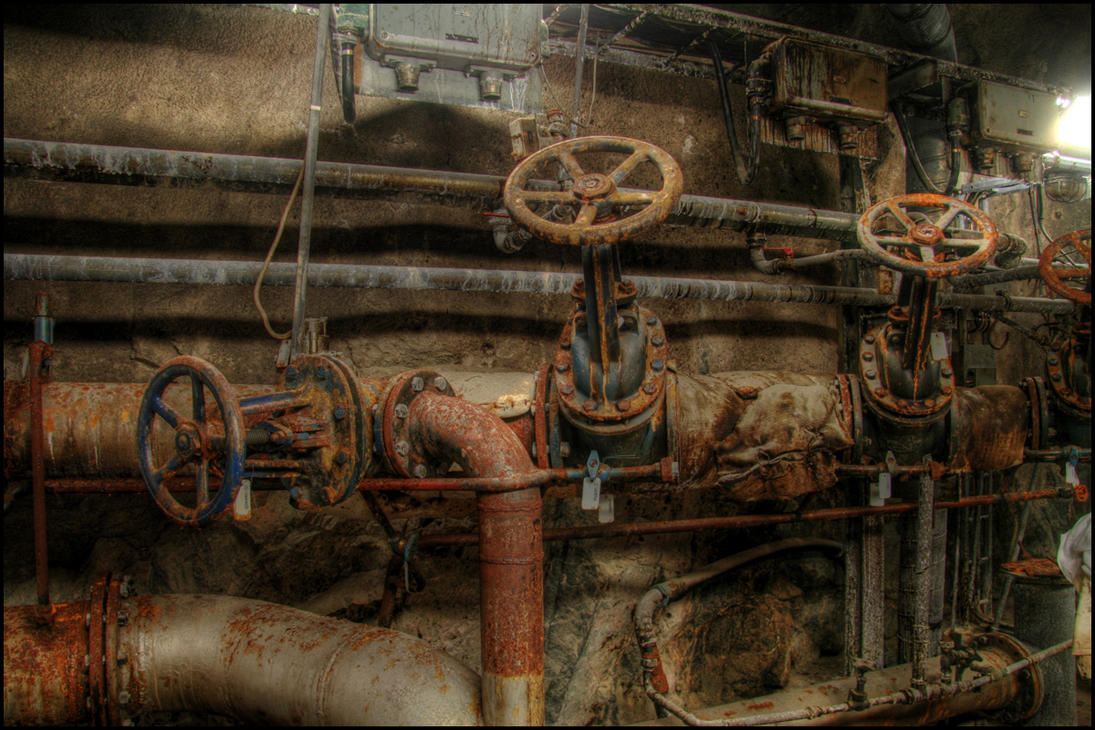
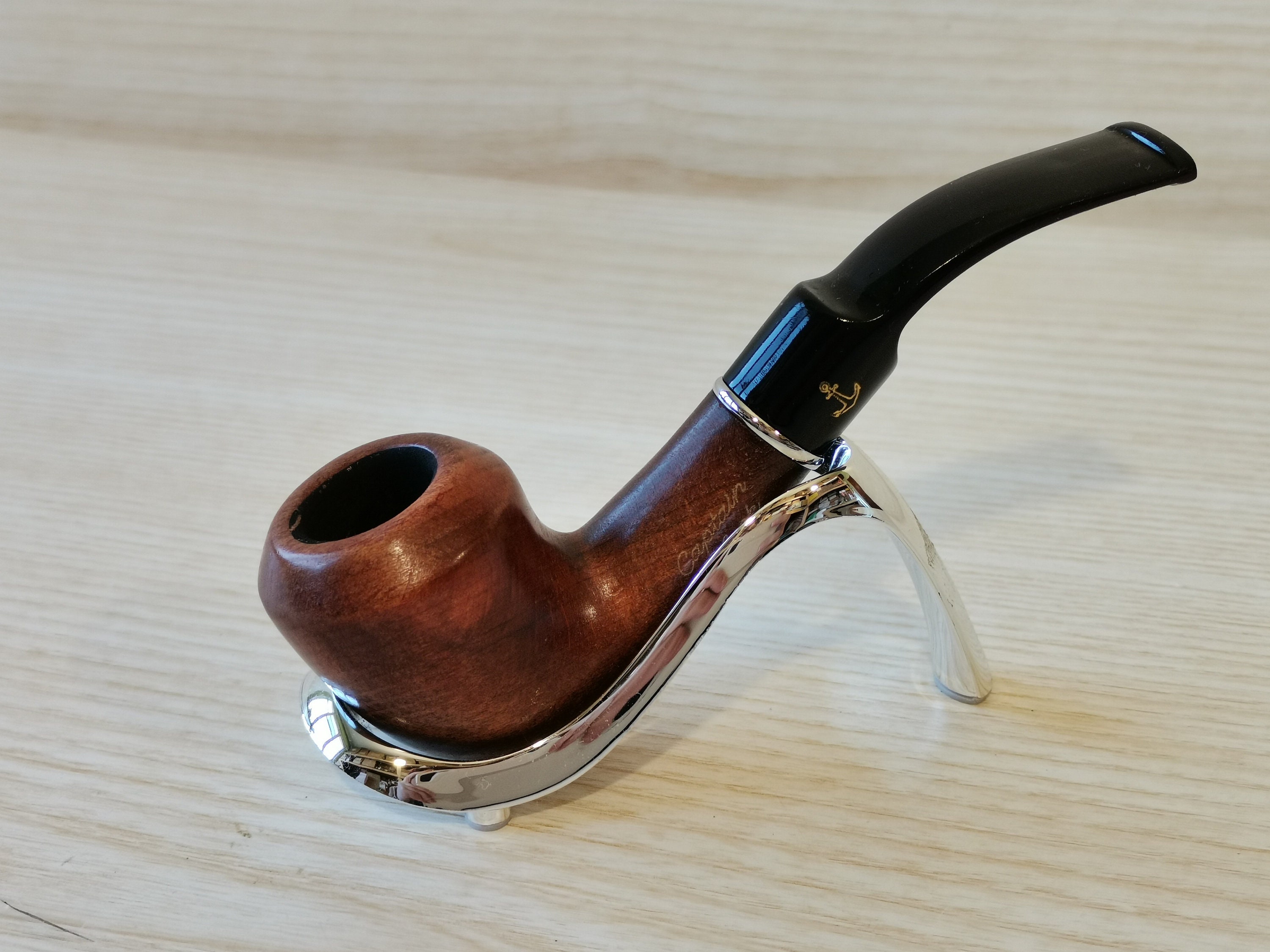
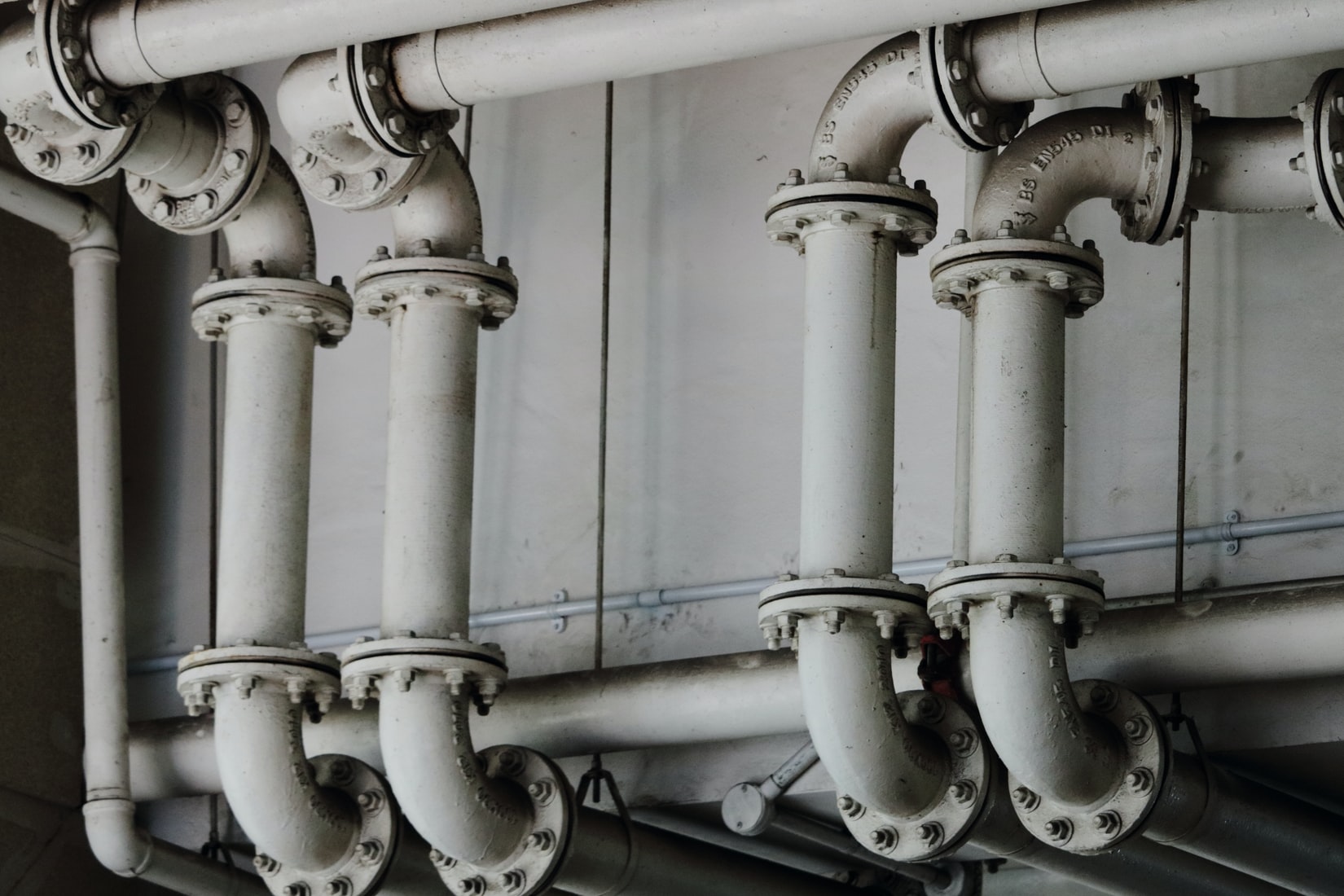



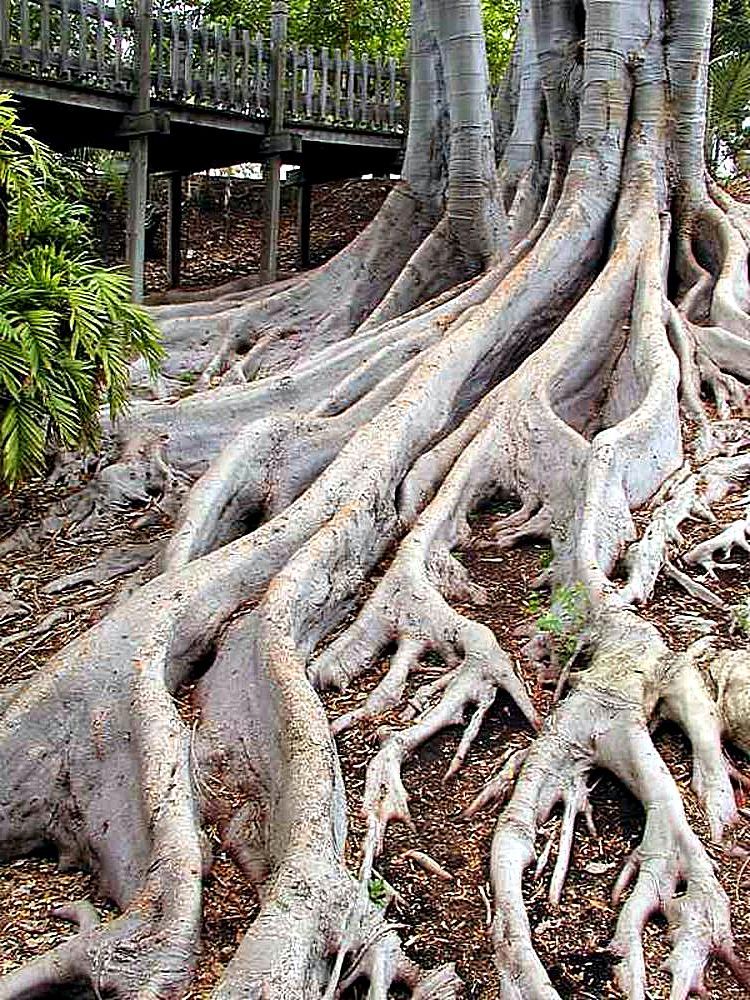
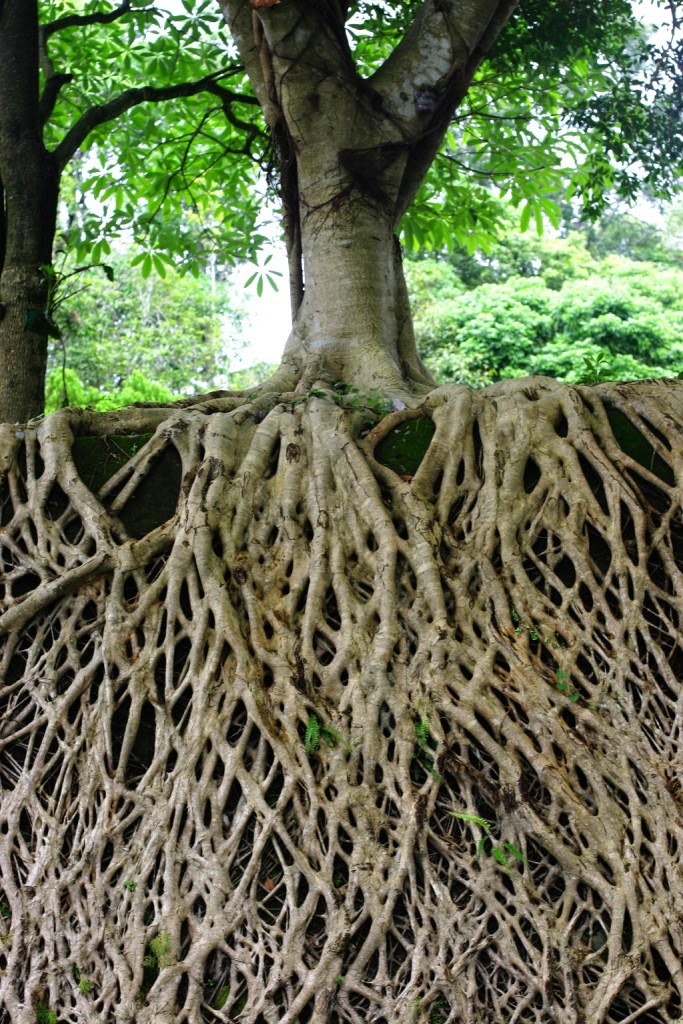
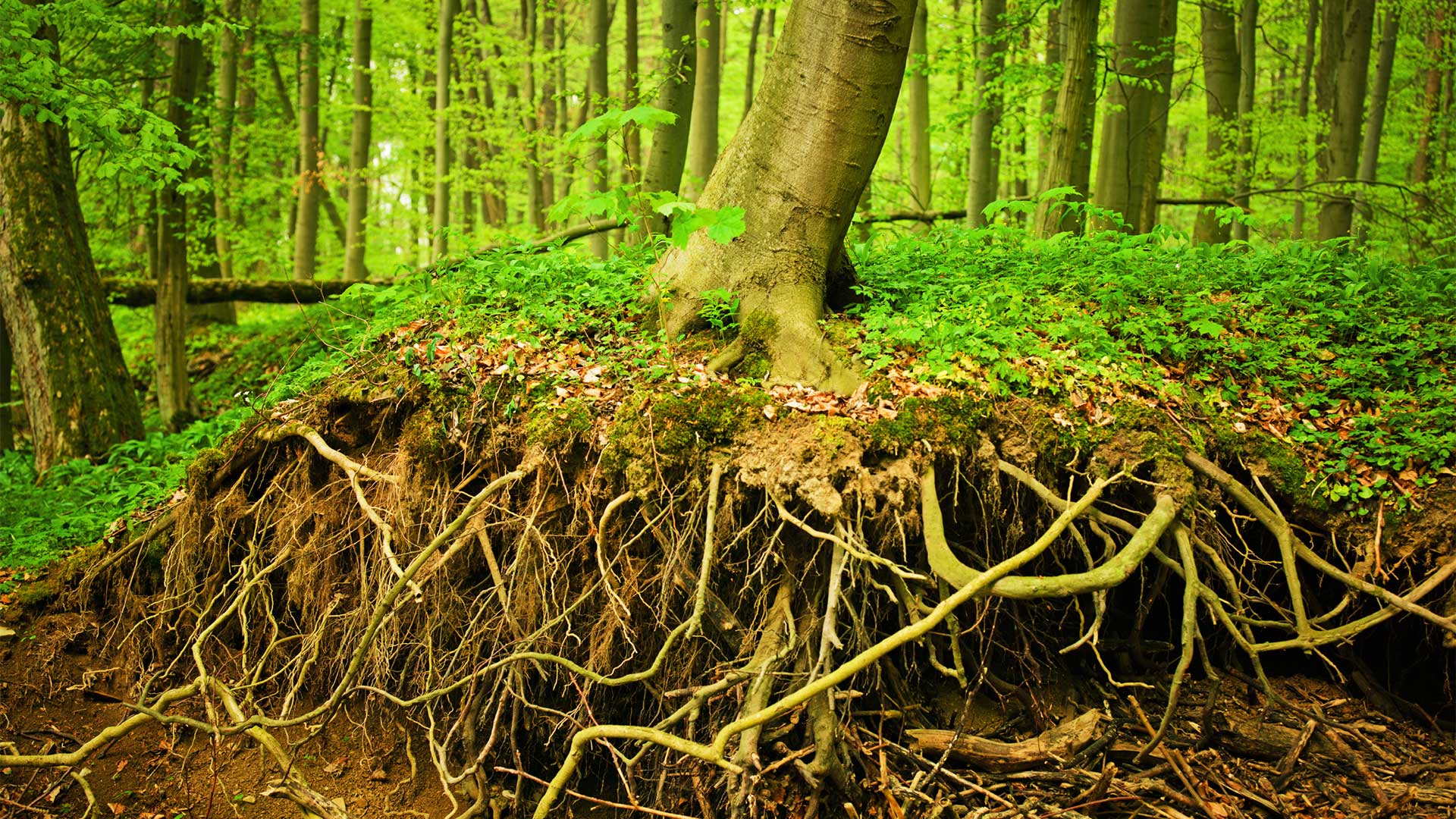
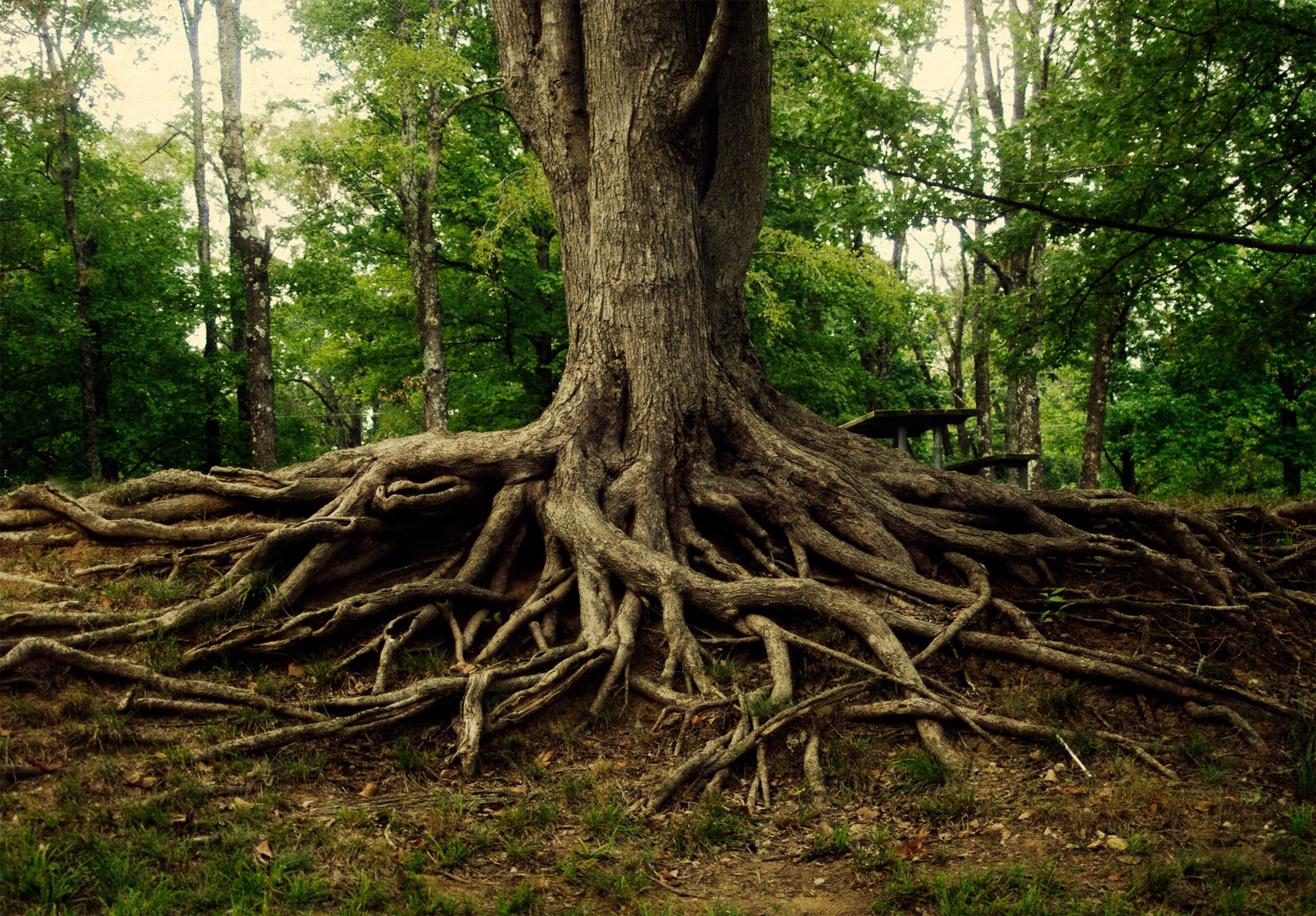
:max_bytes(150000):strip_icc()/GettyImages-148551365-b96c85086f574e23832411a60abd34d7.jpg)

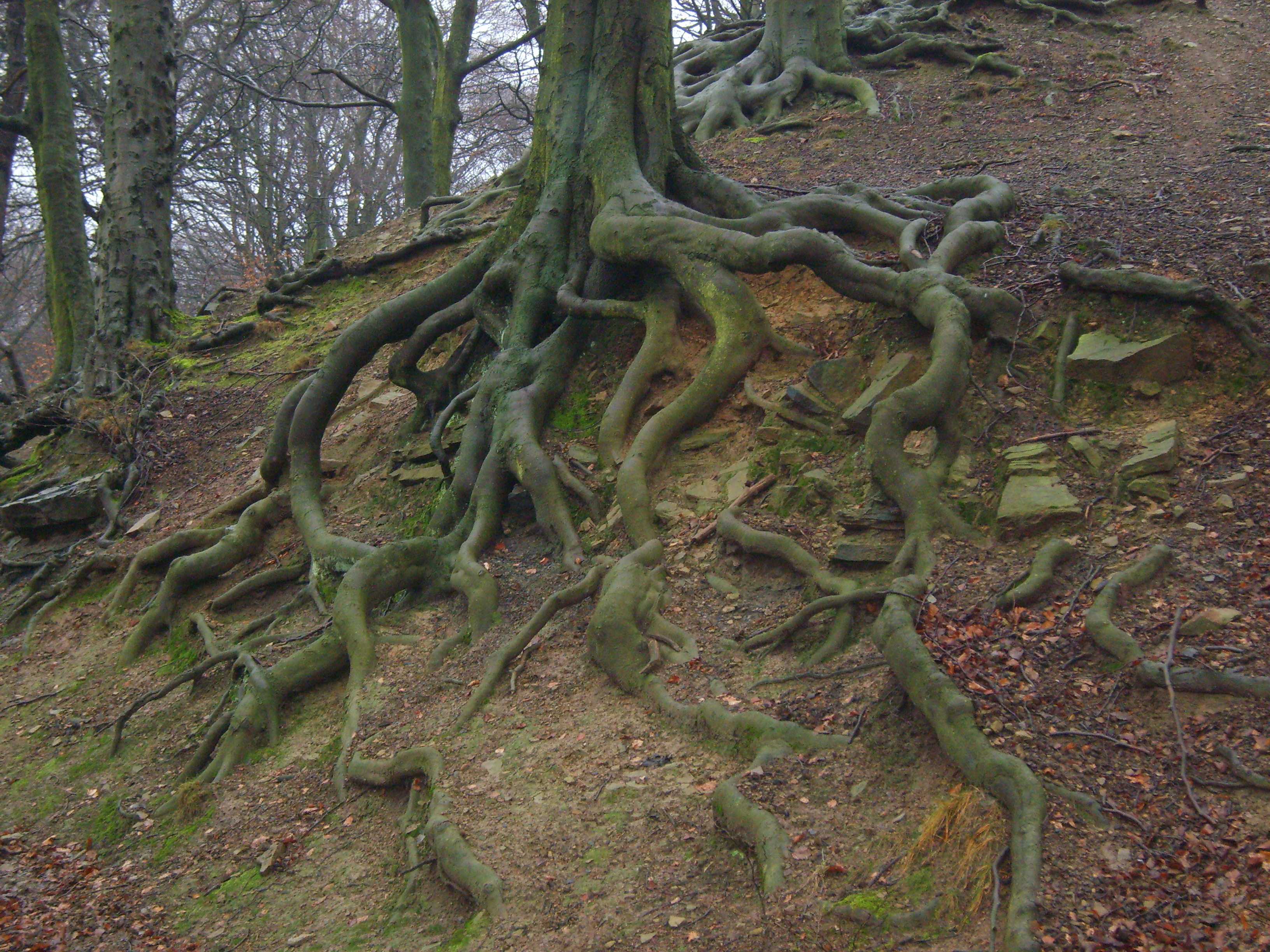

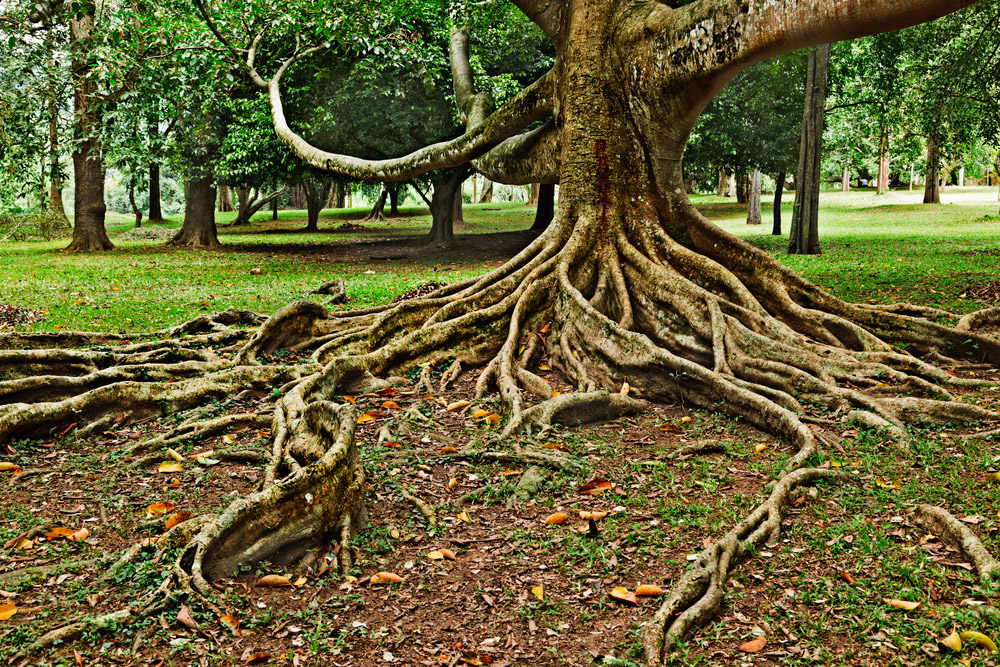
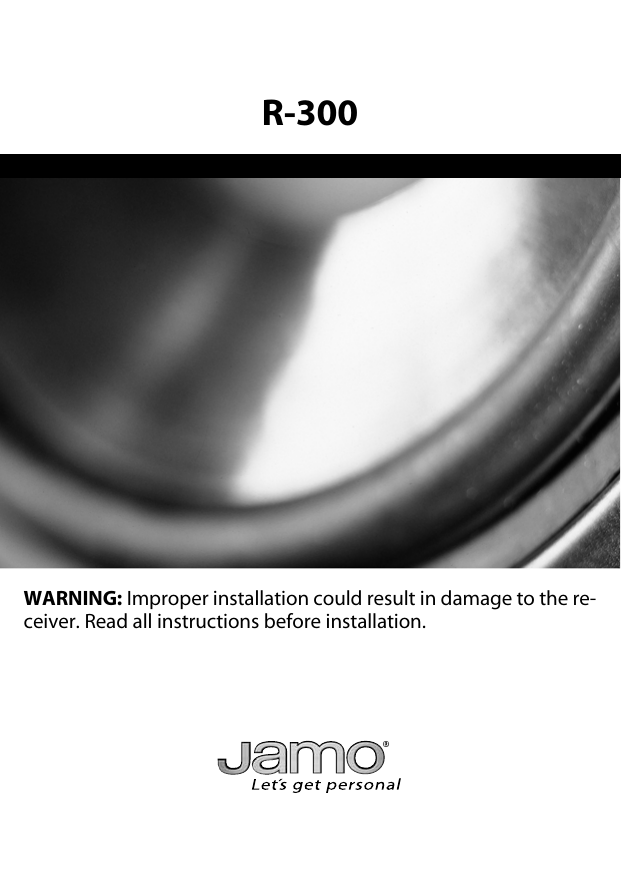


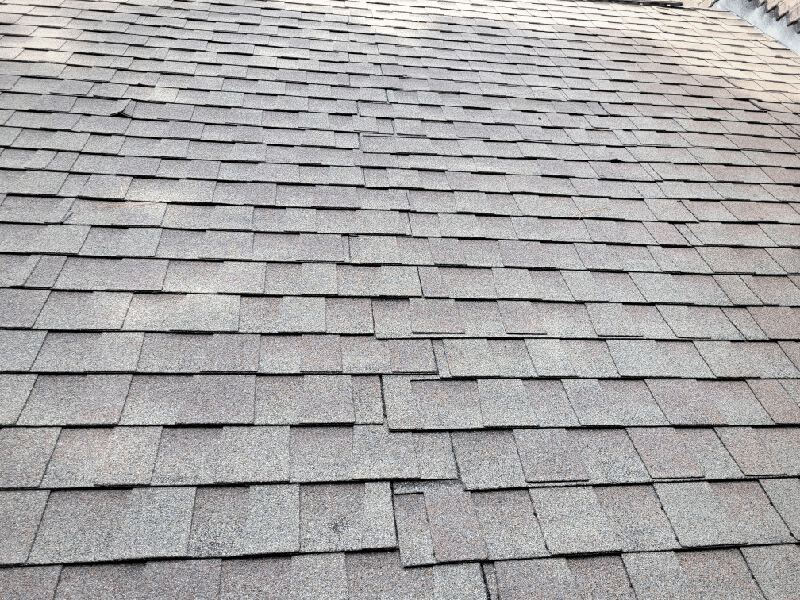
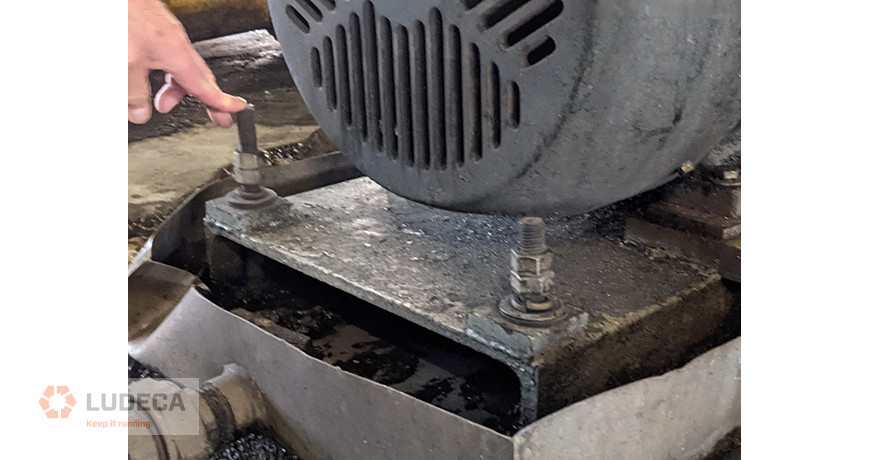


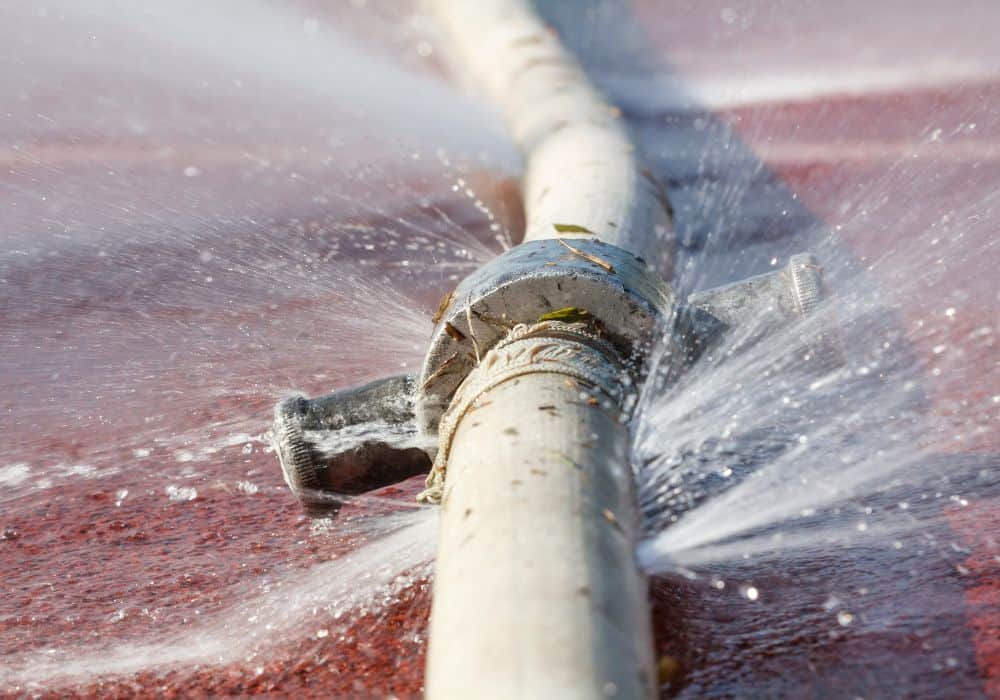





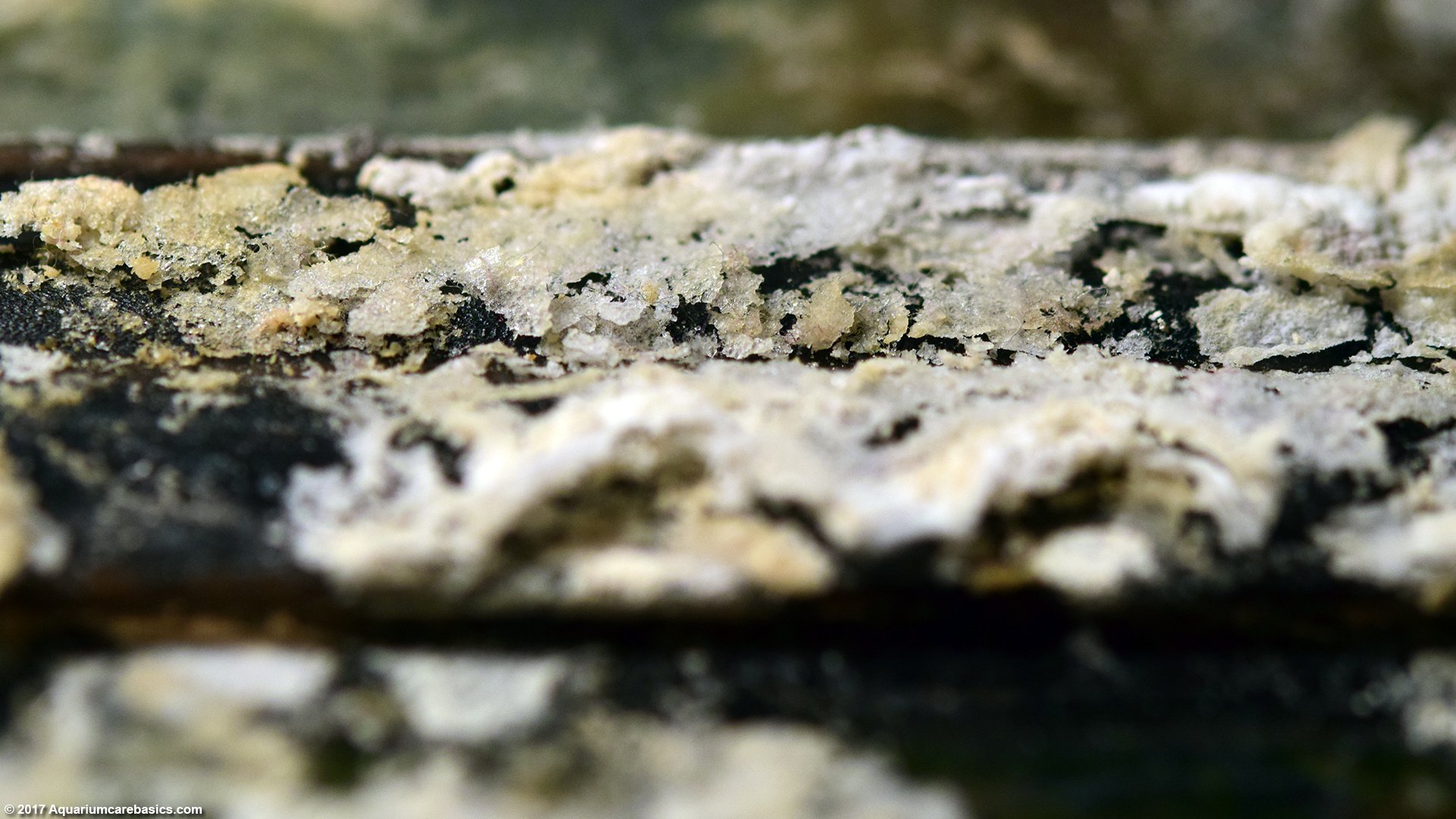
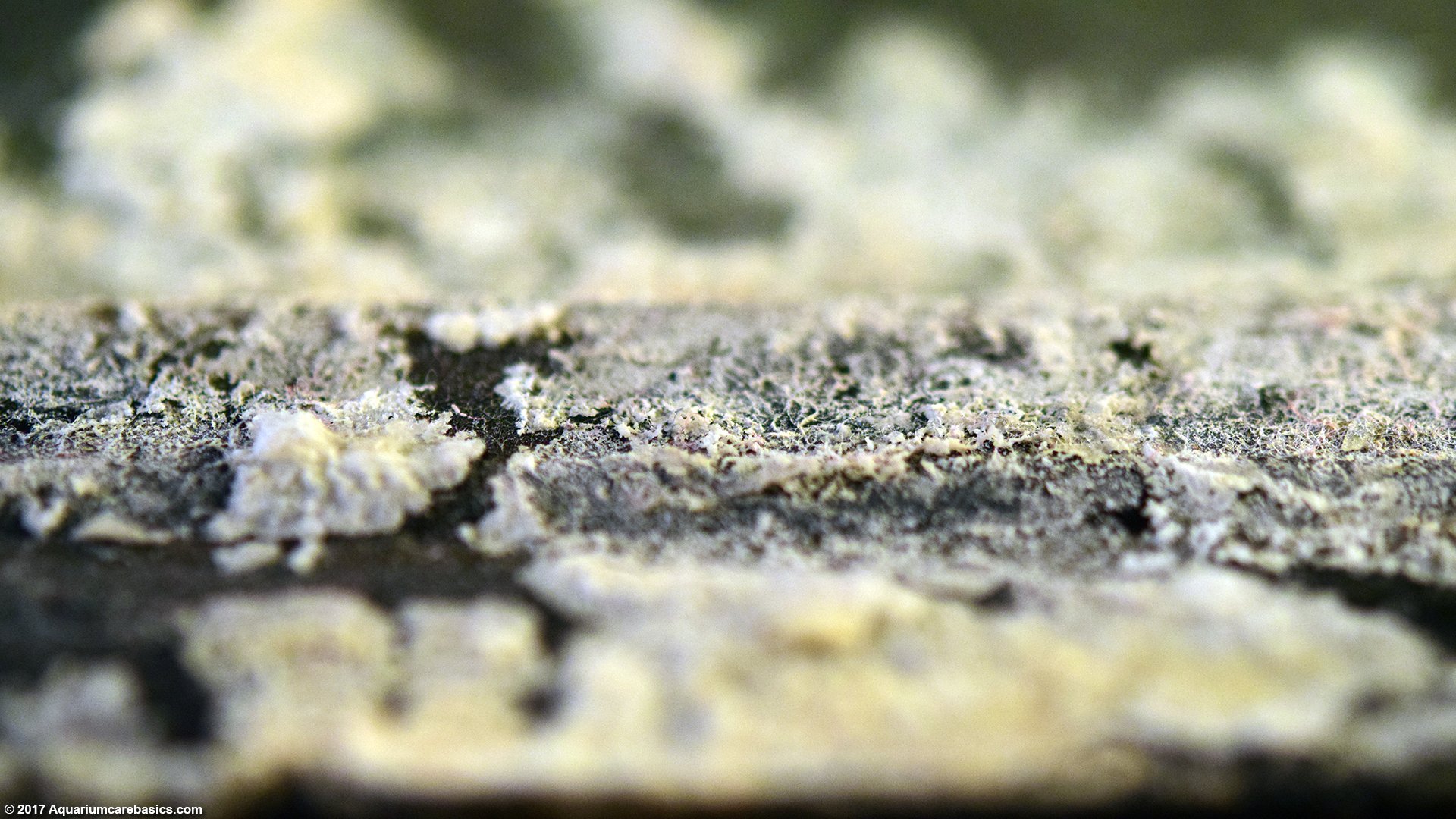

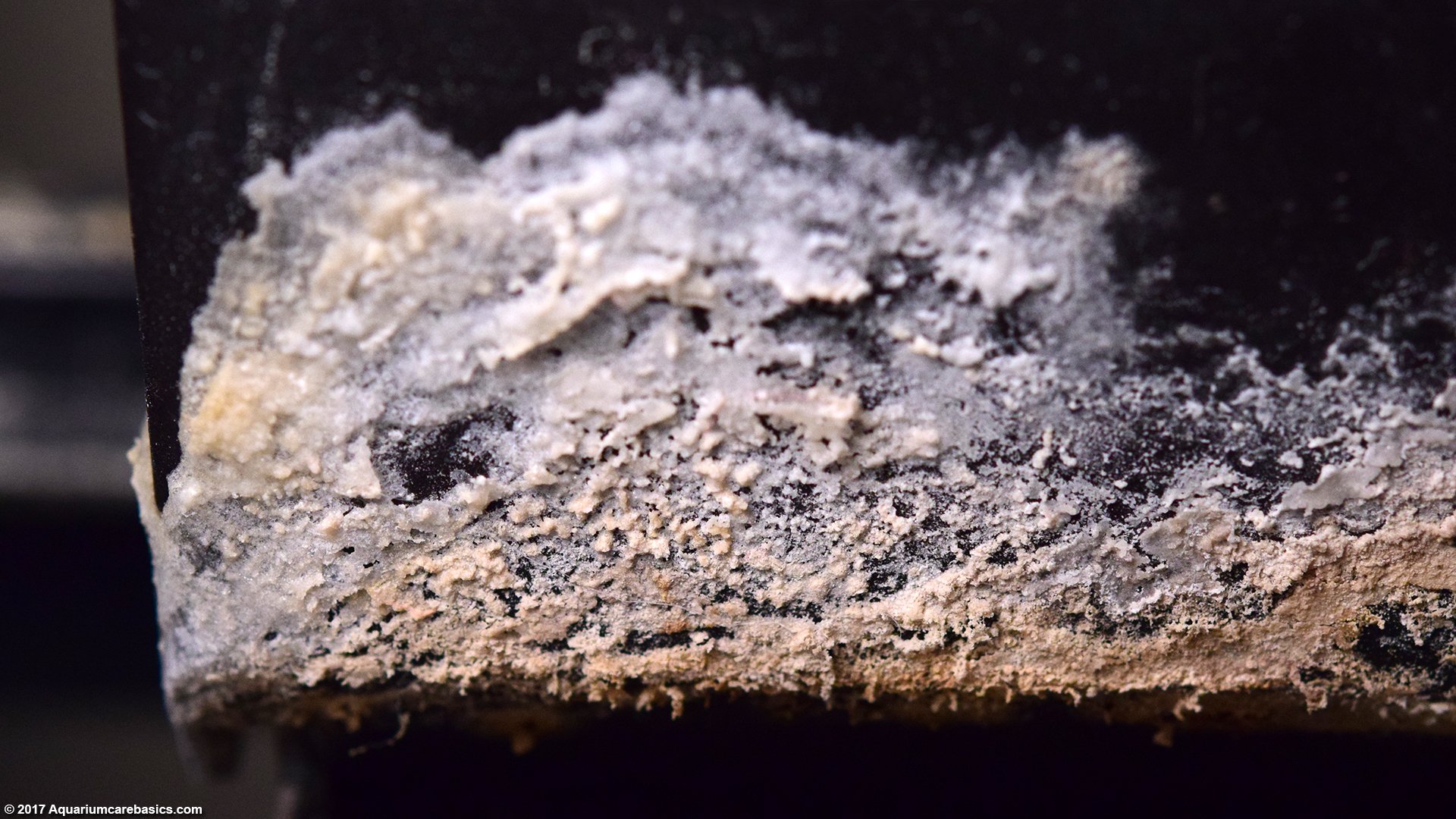
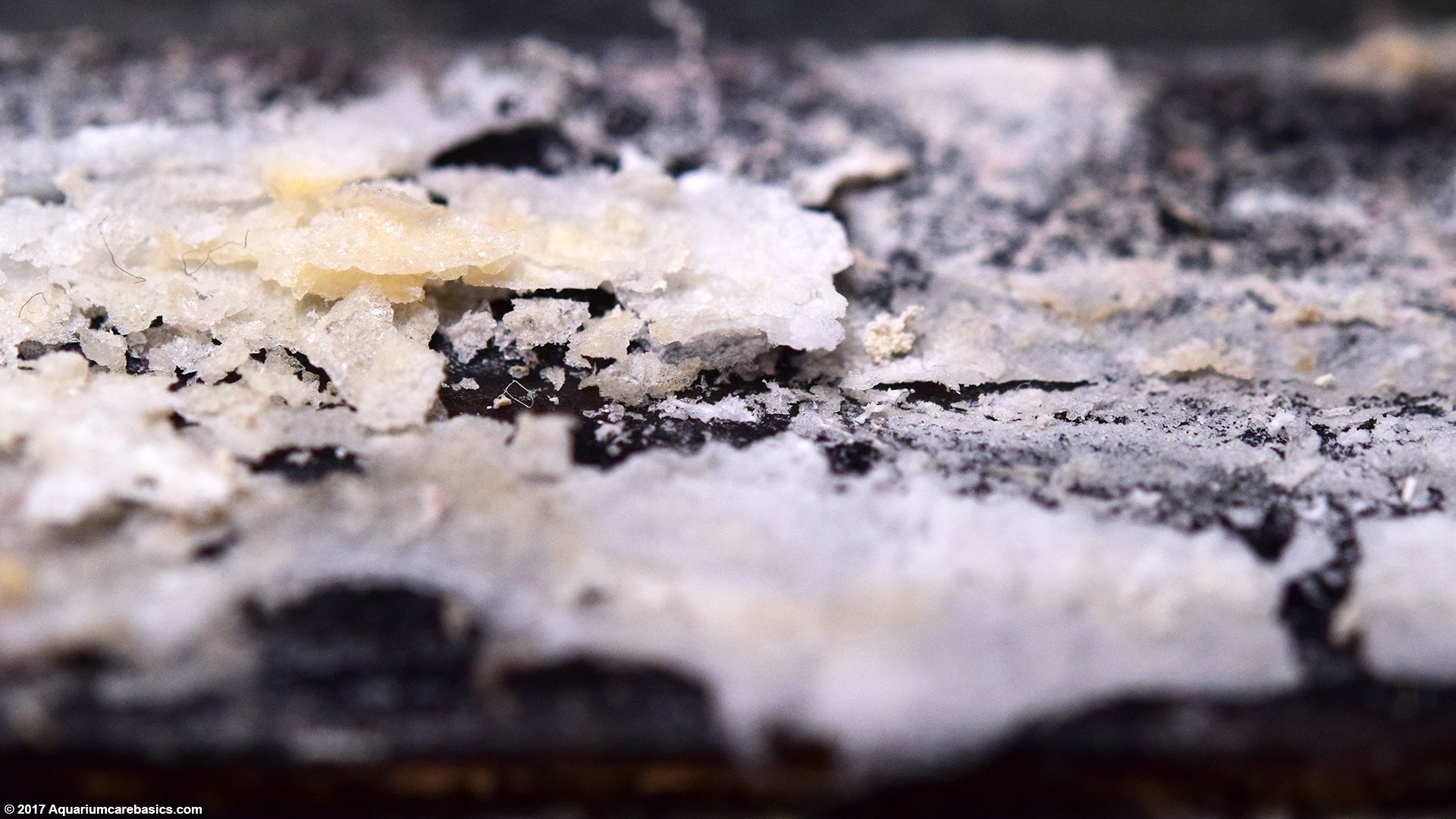
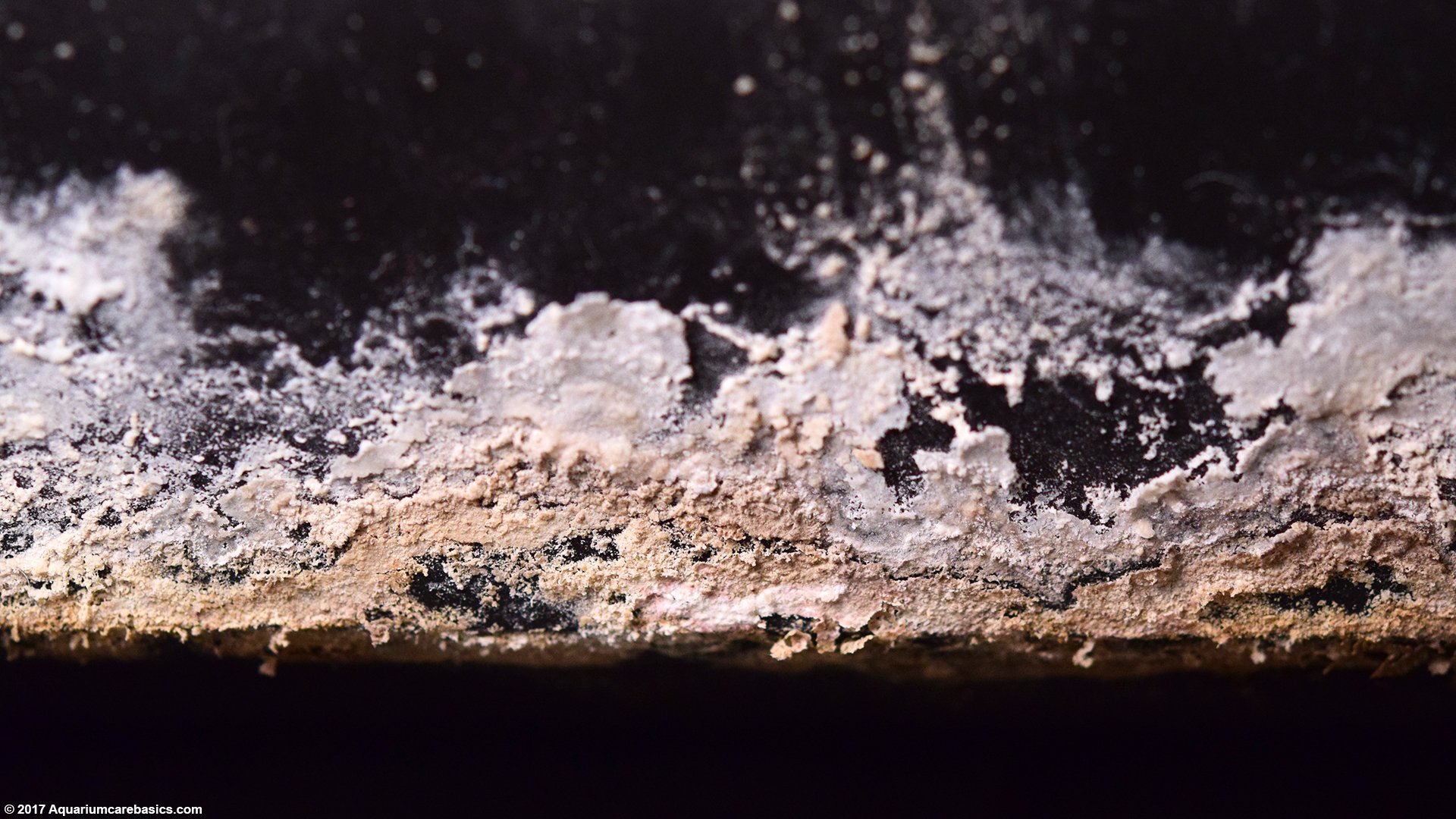
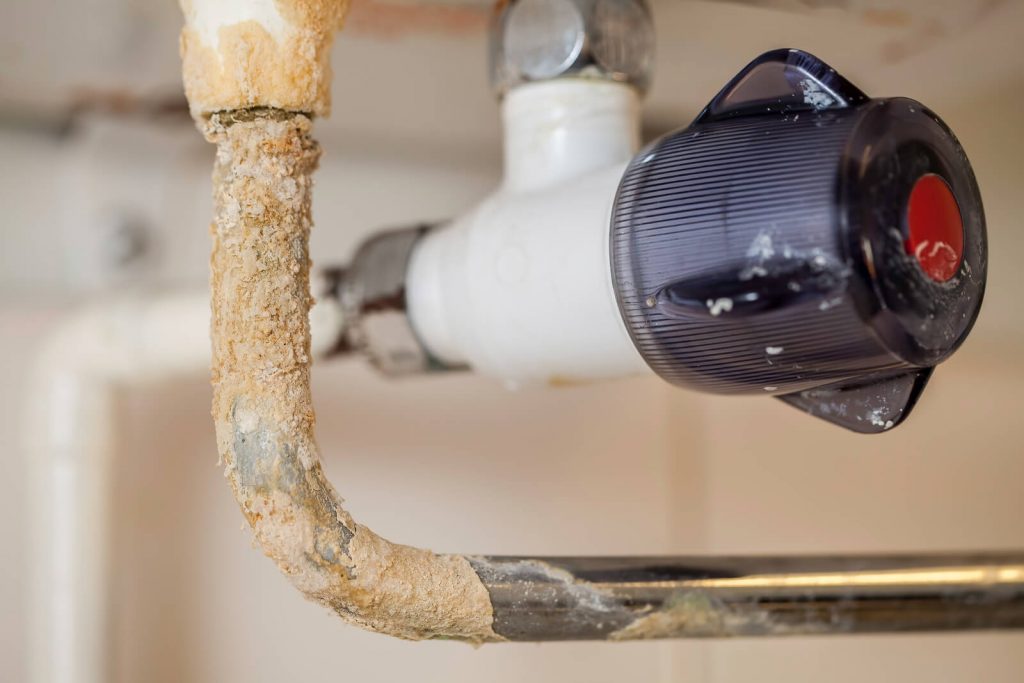
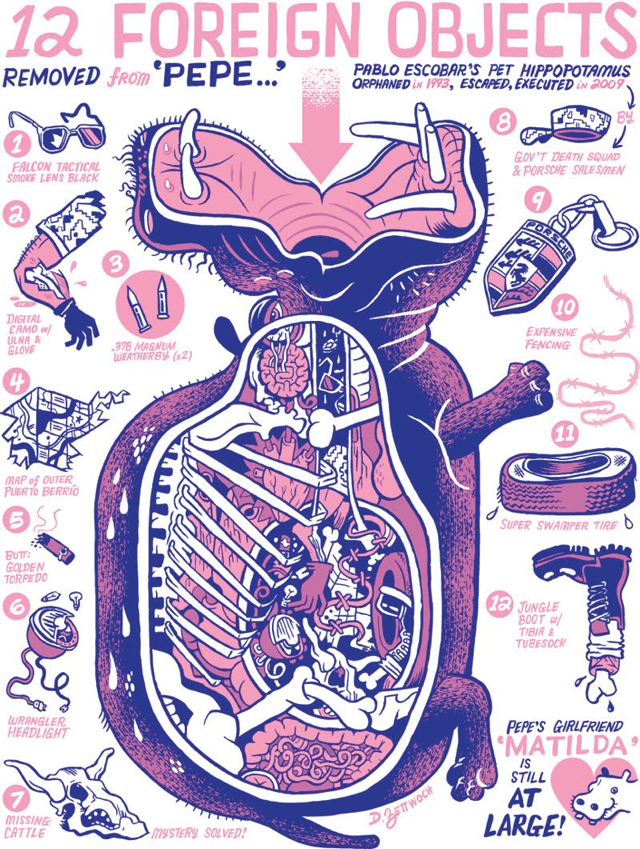





.jpg)





